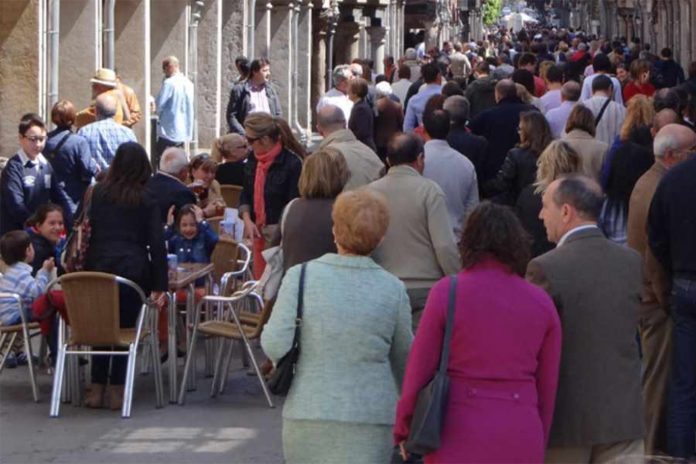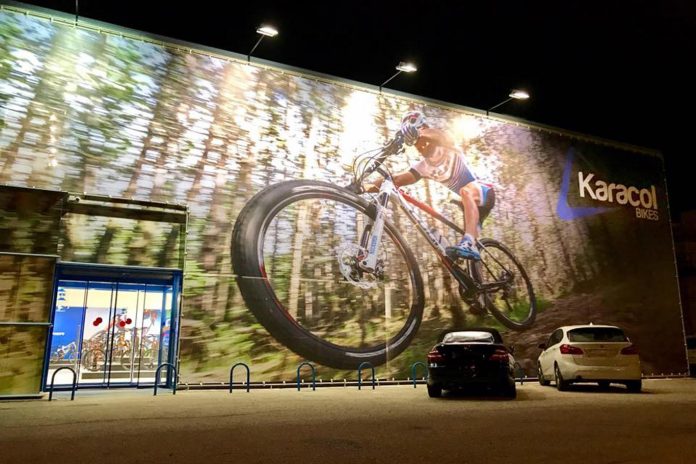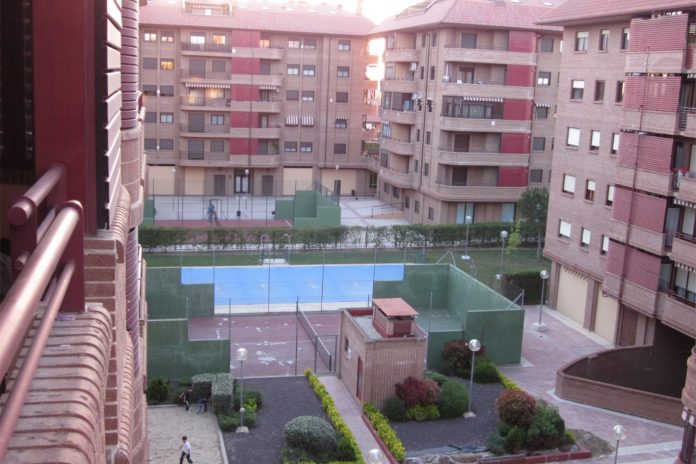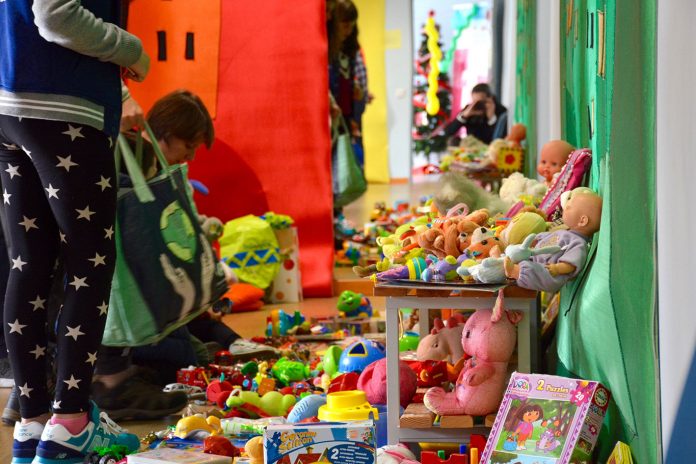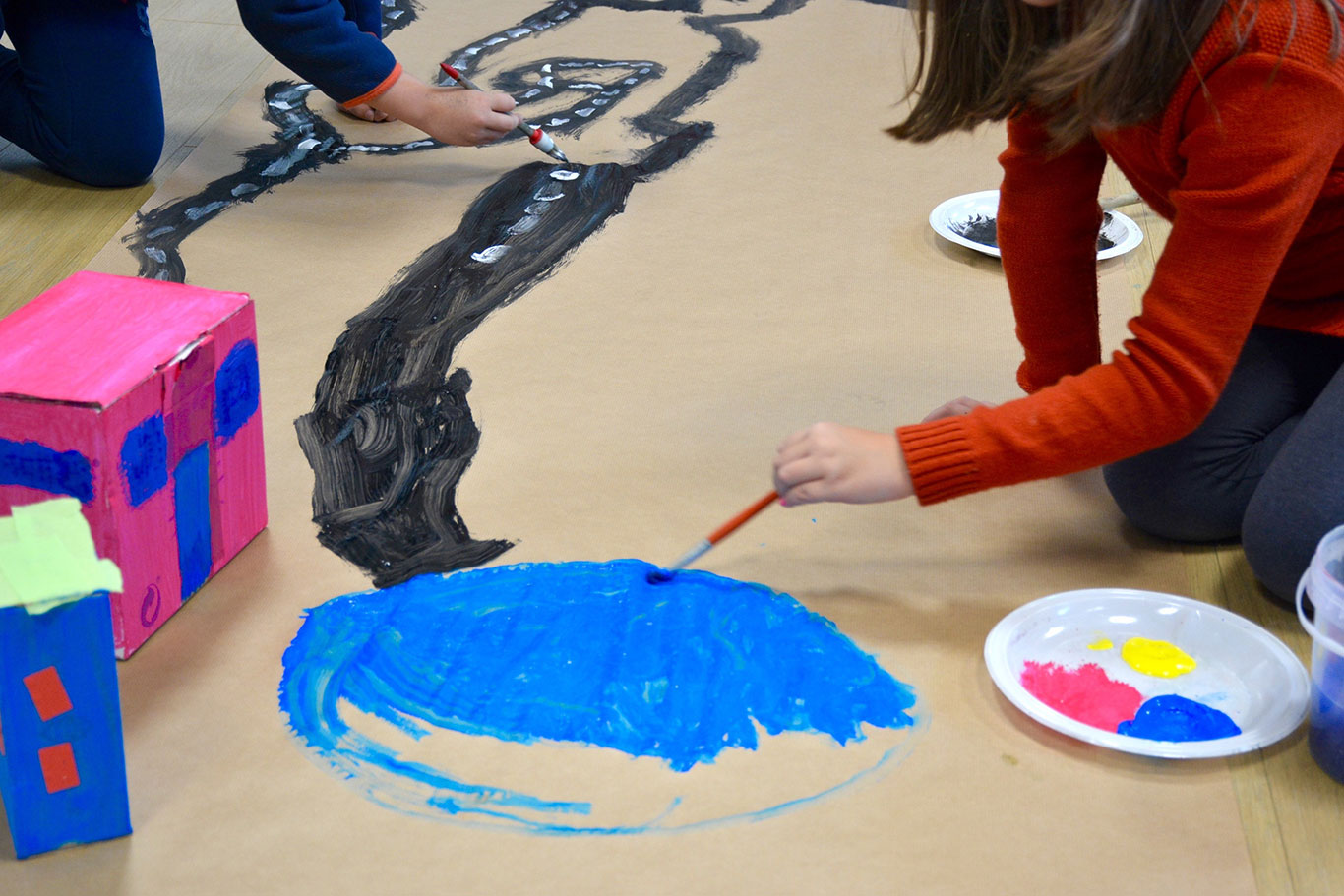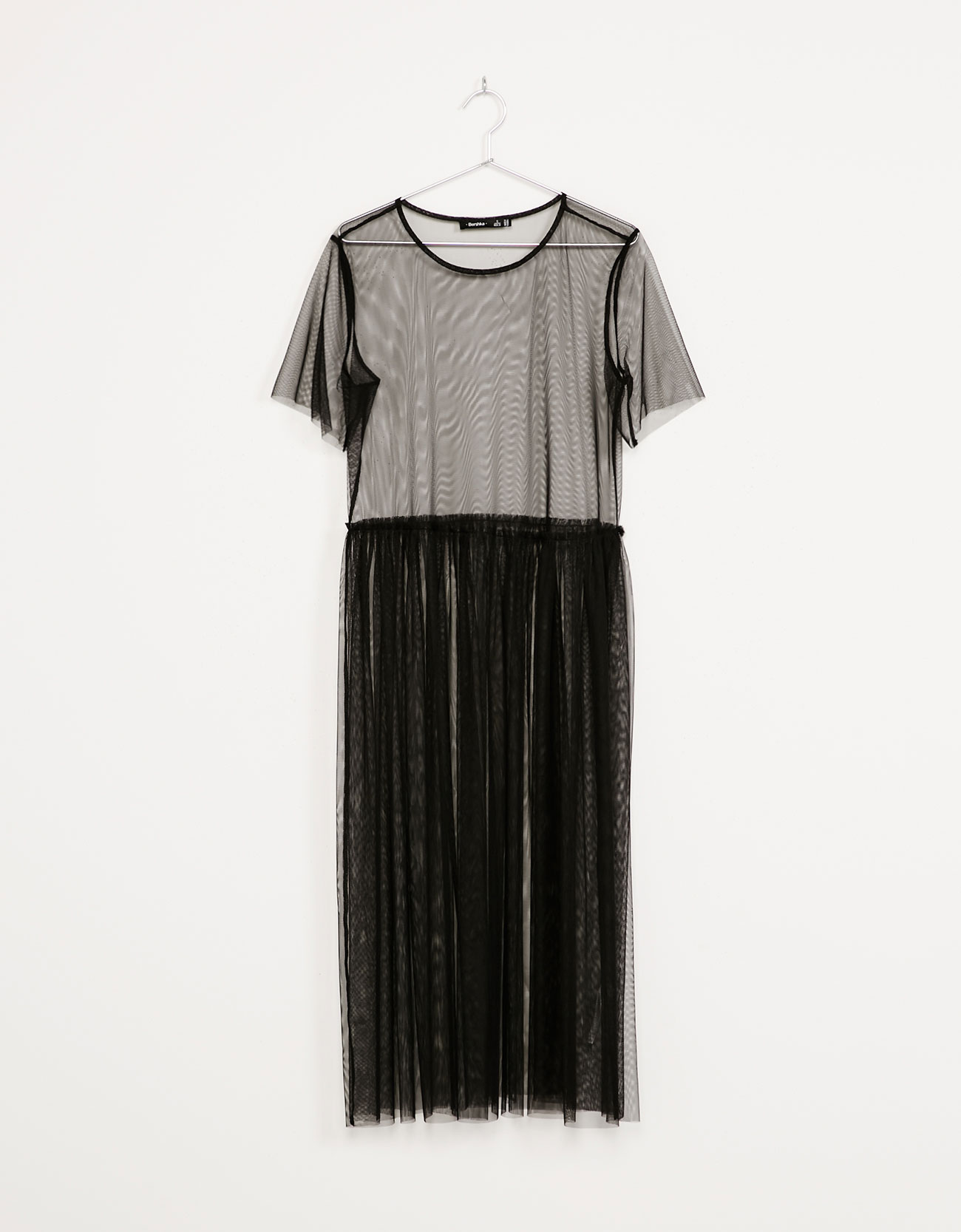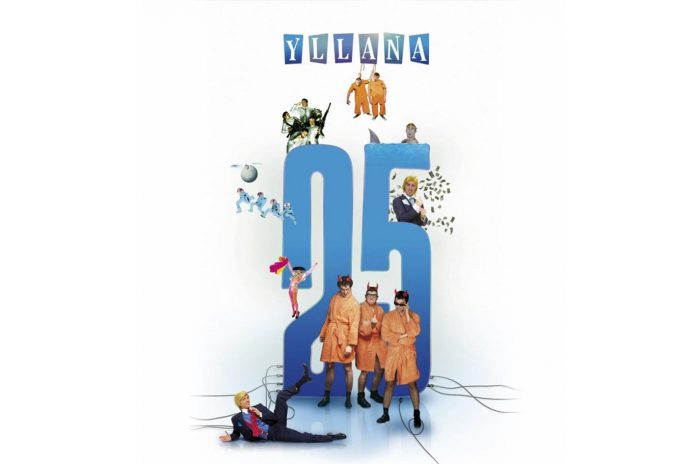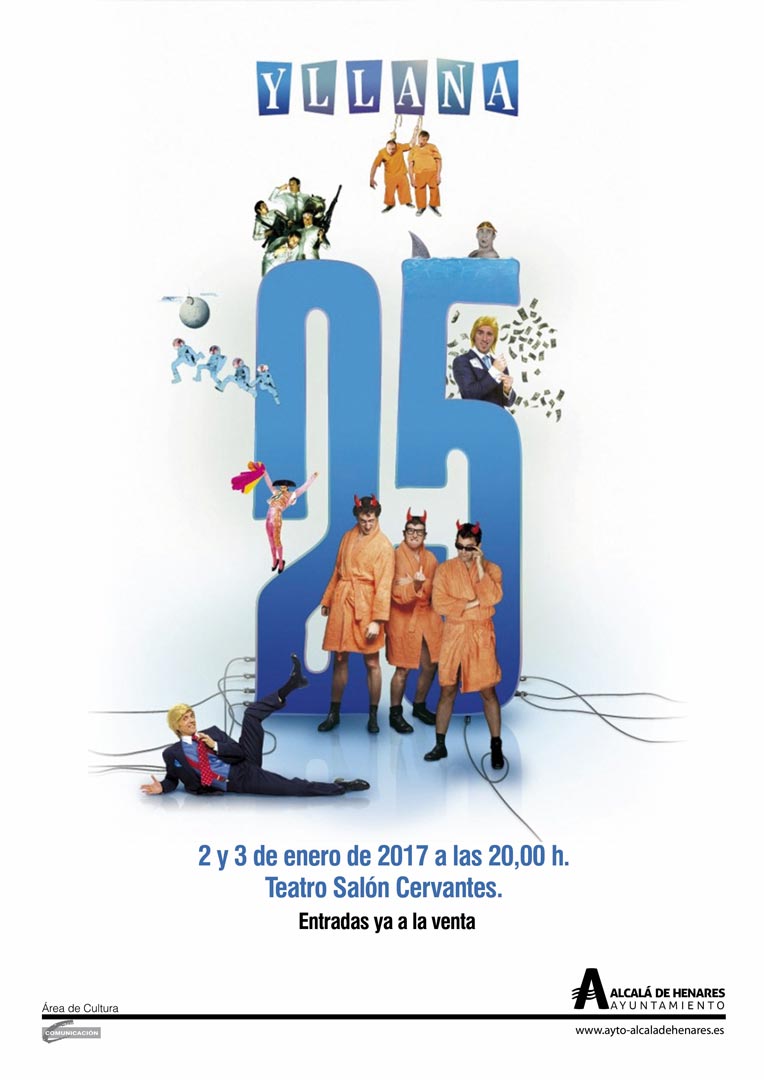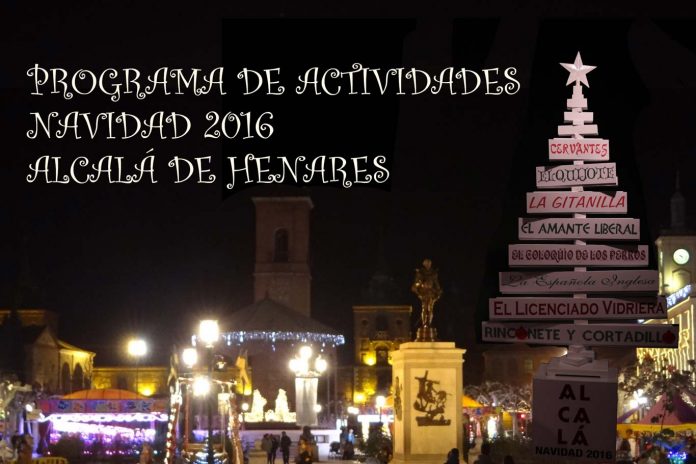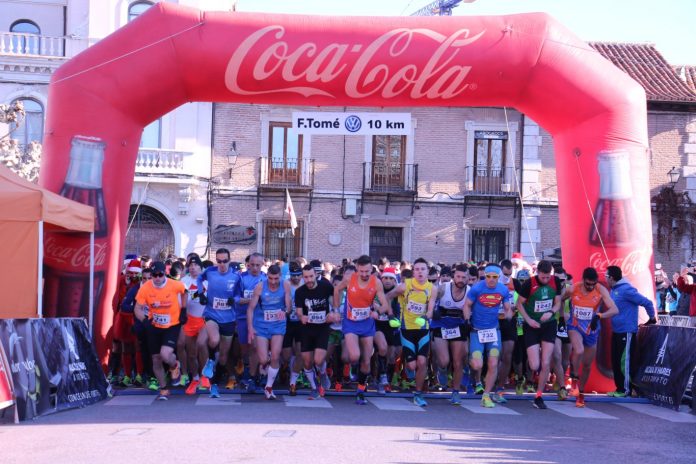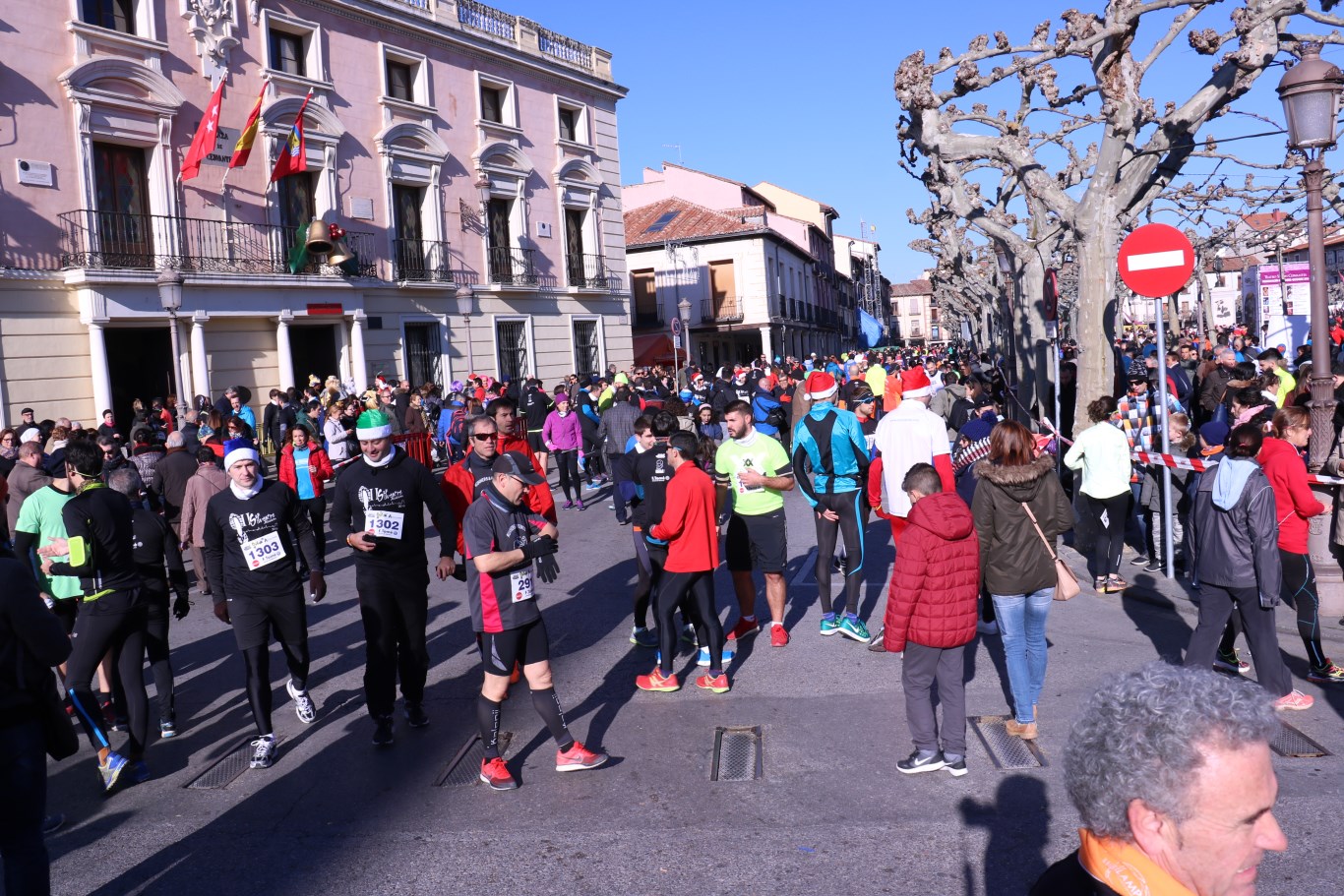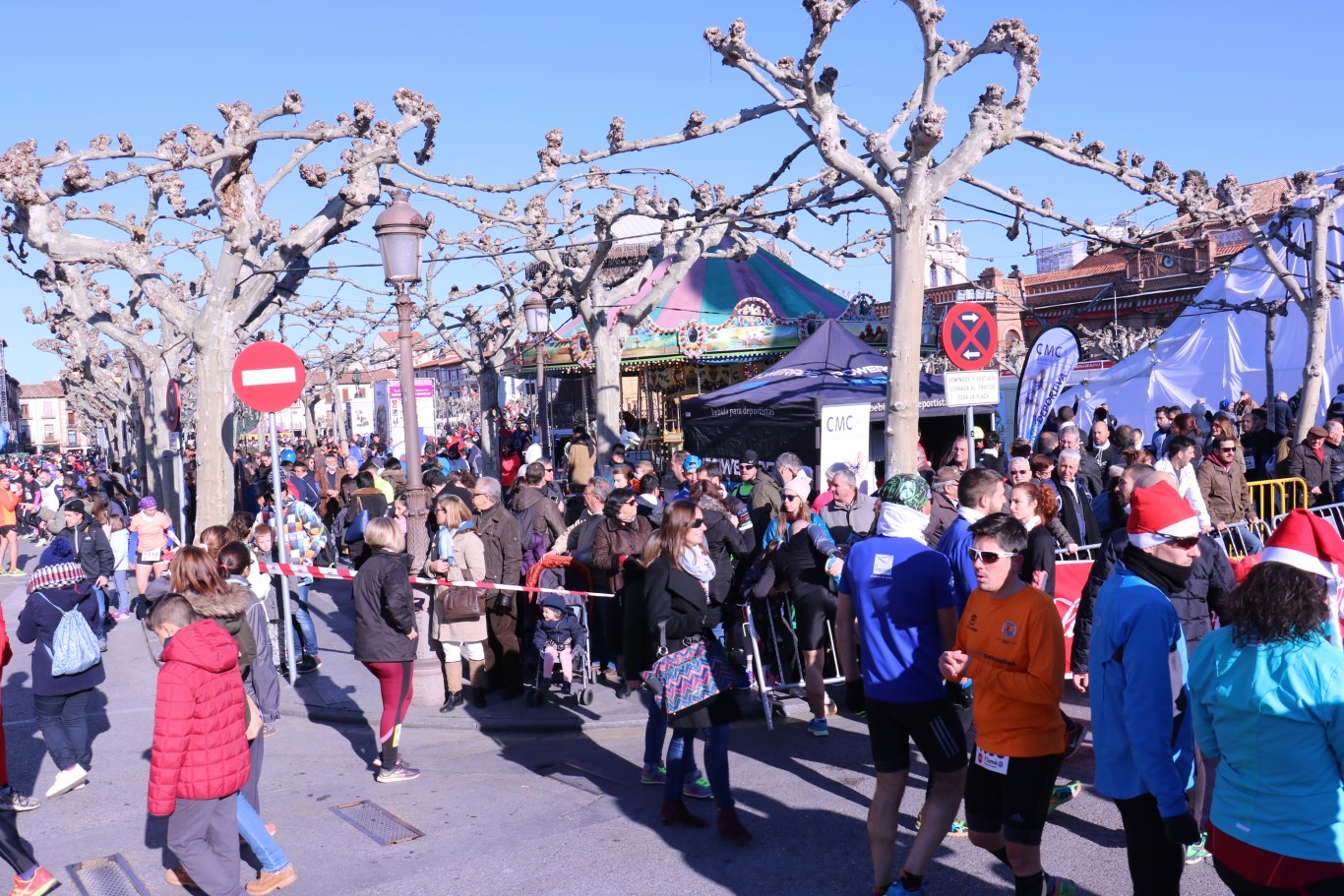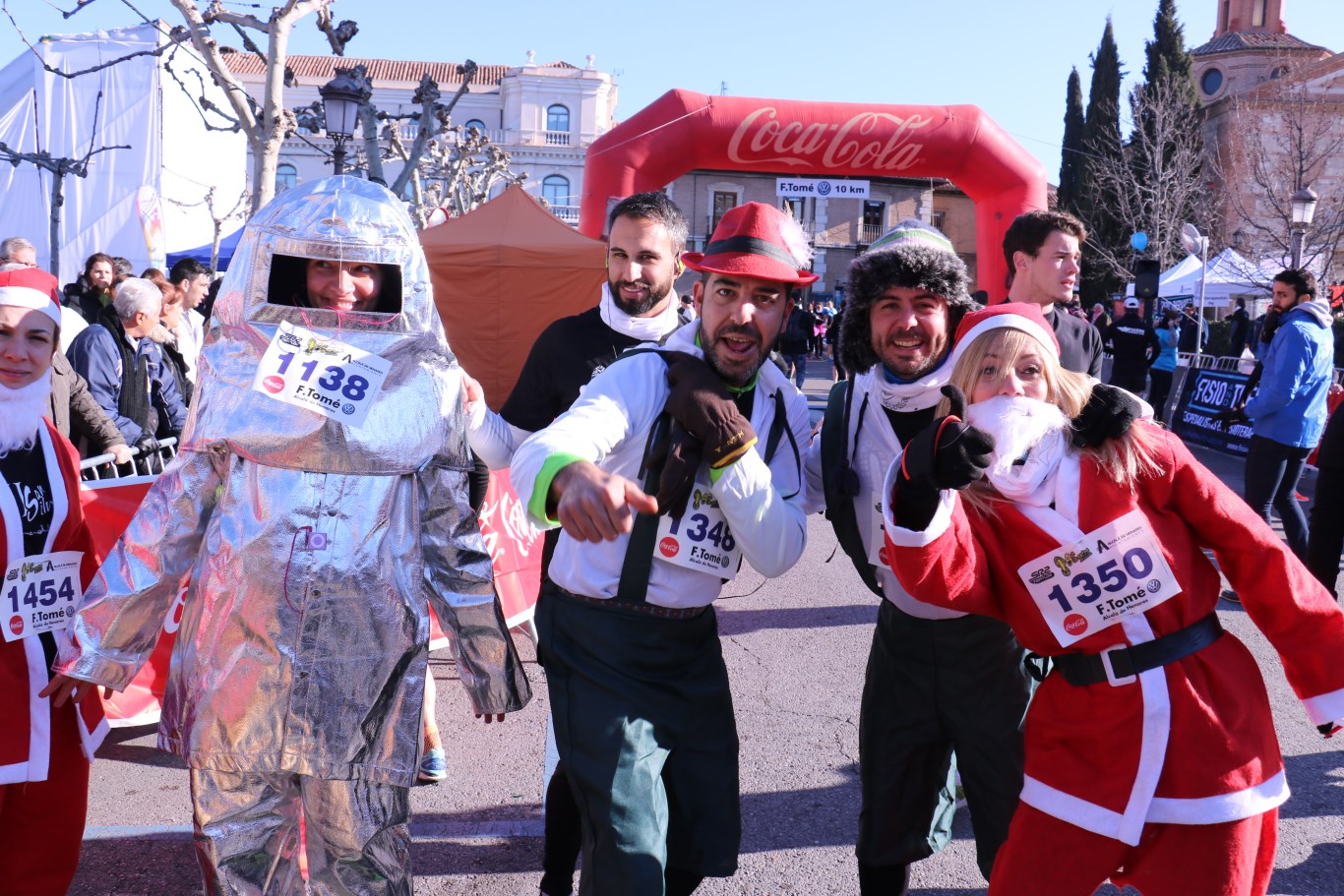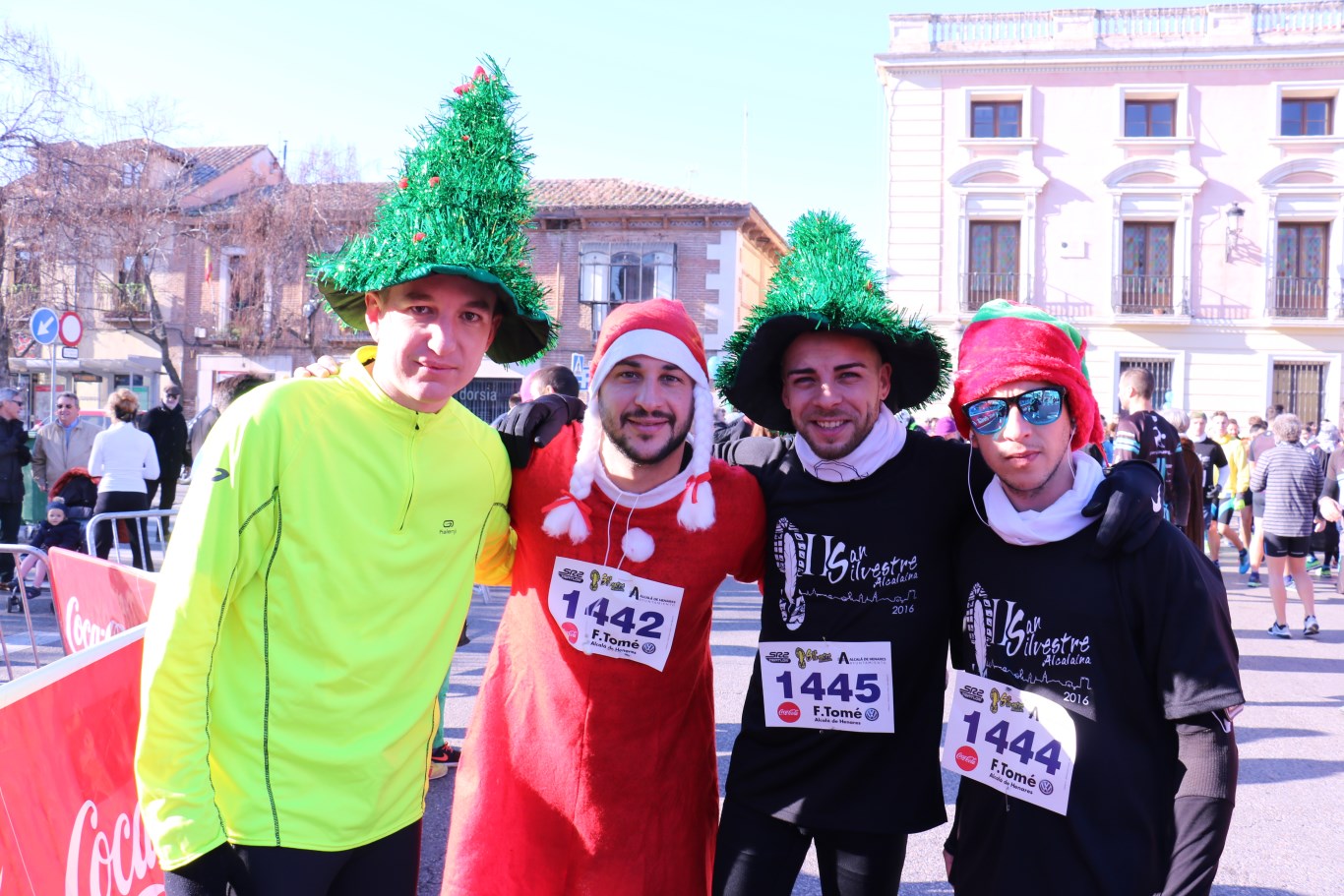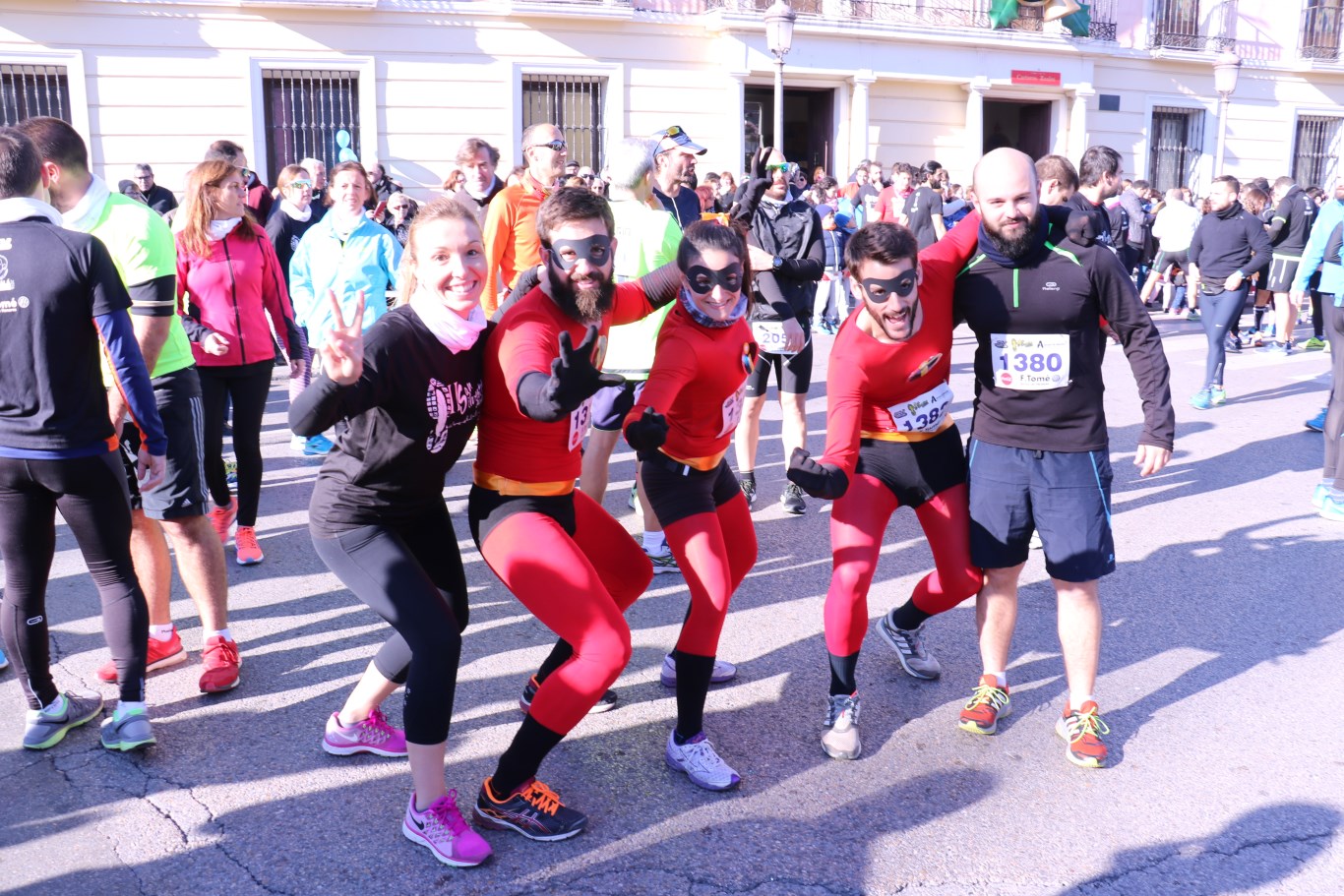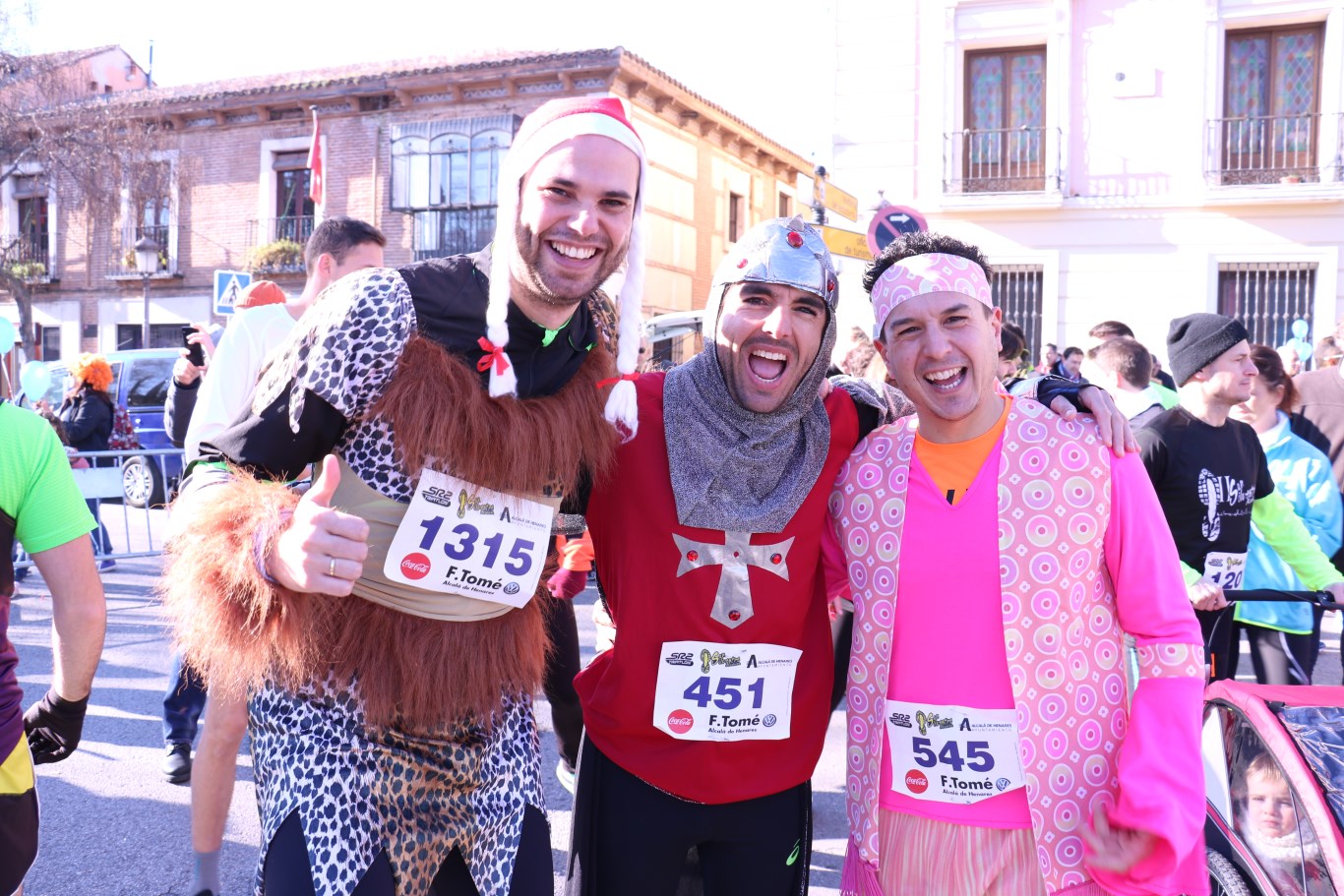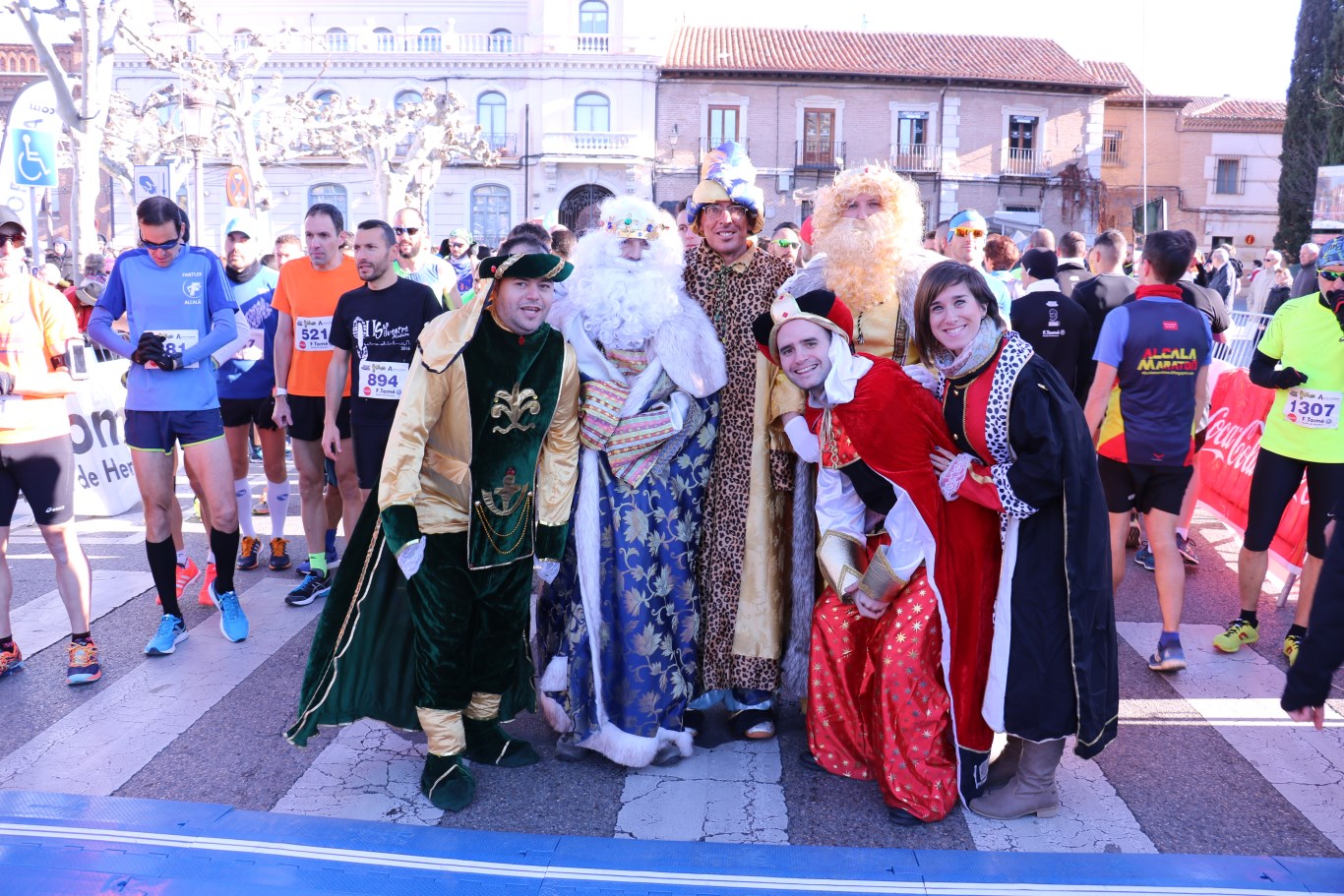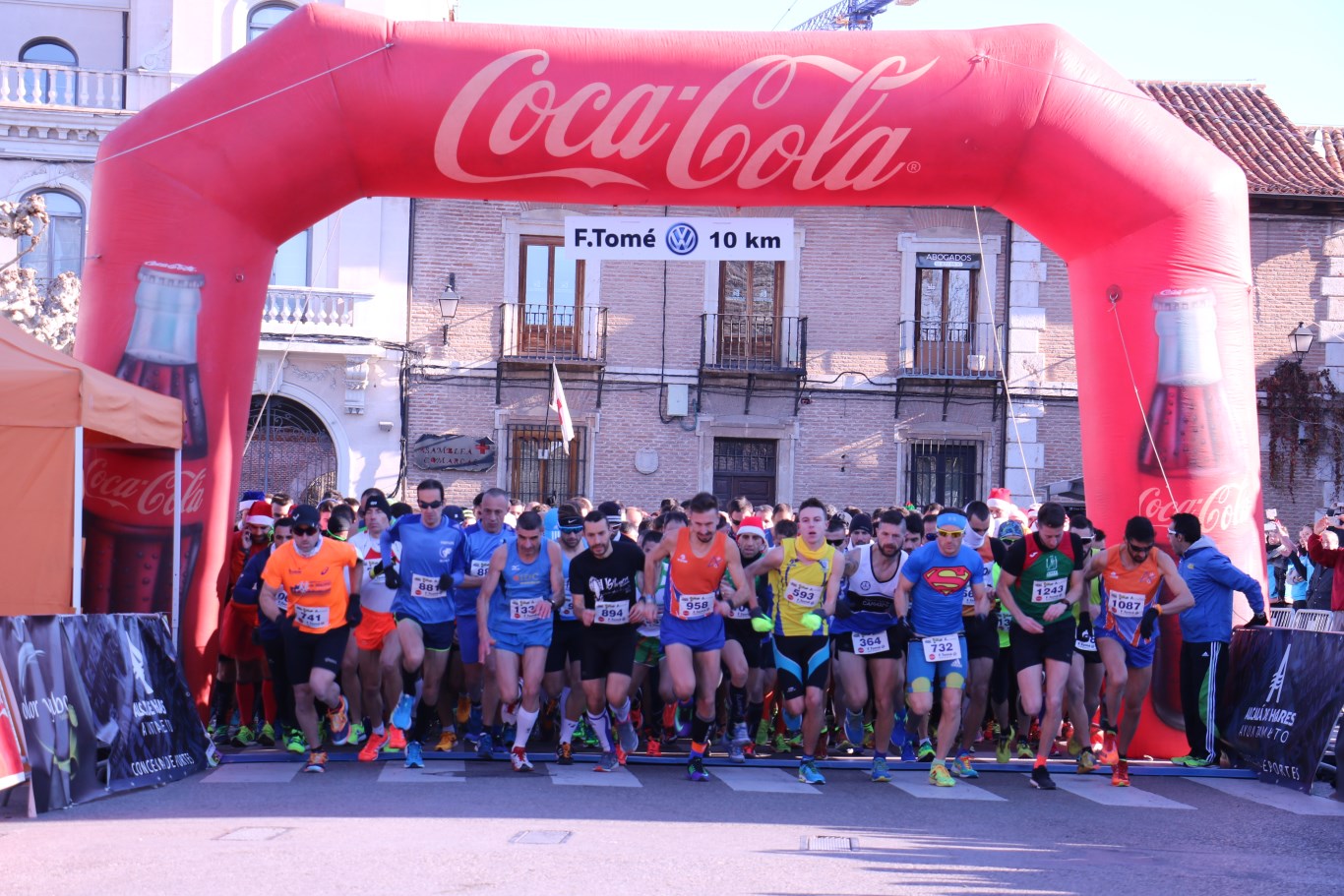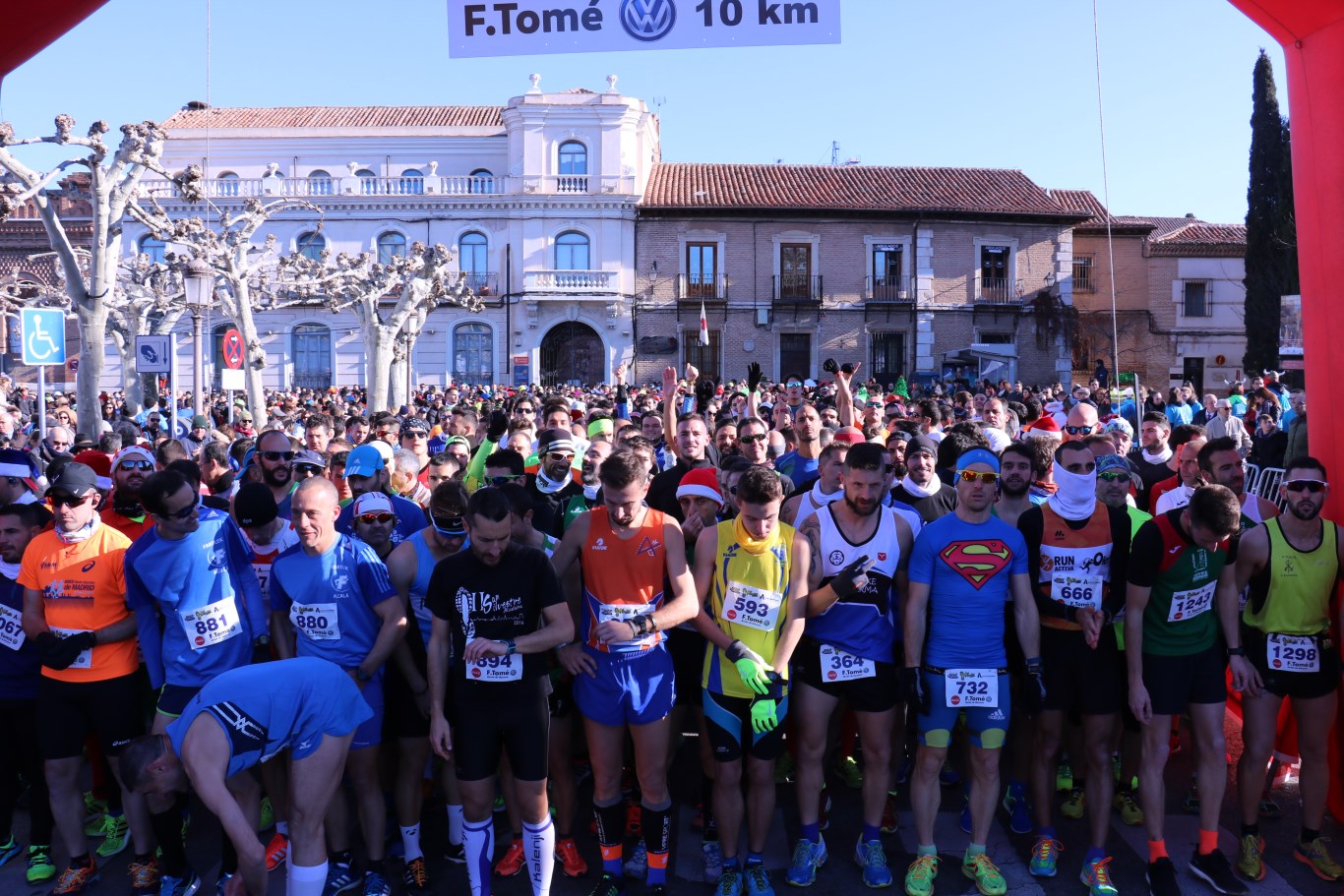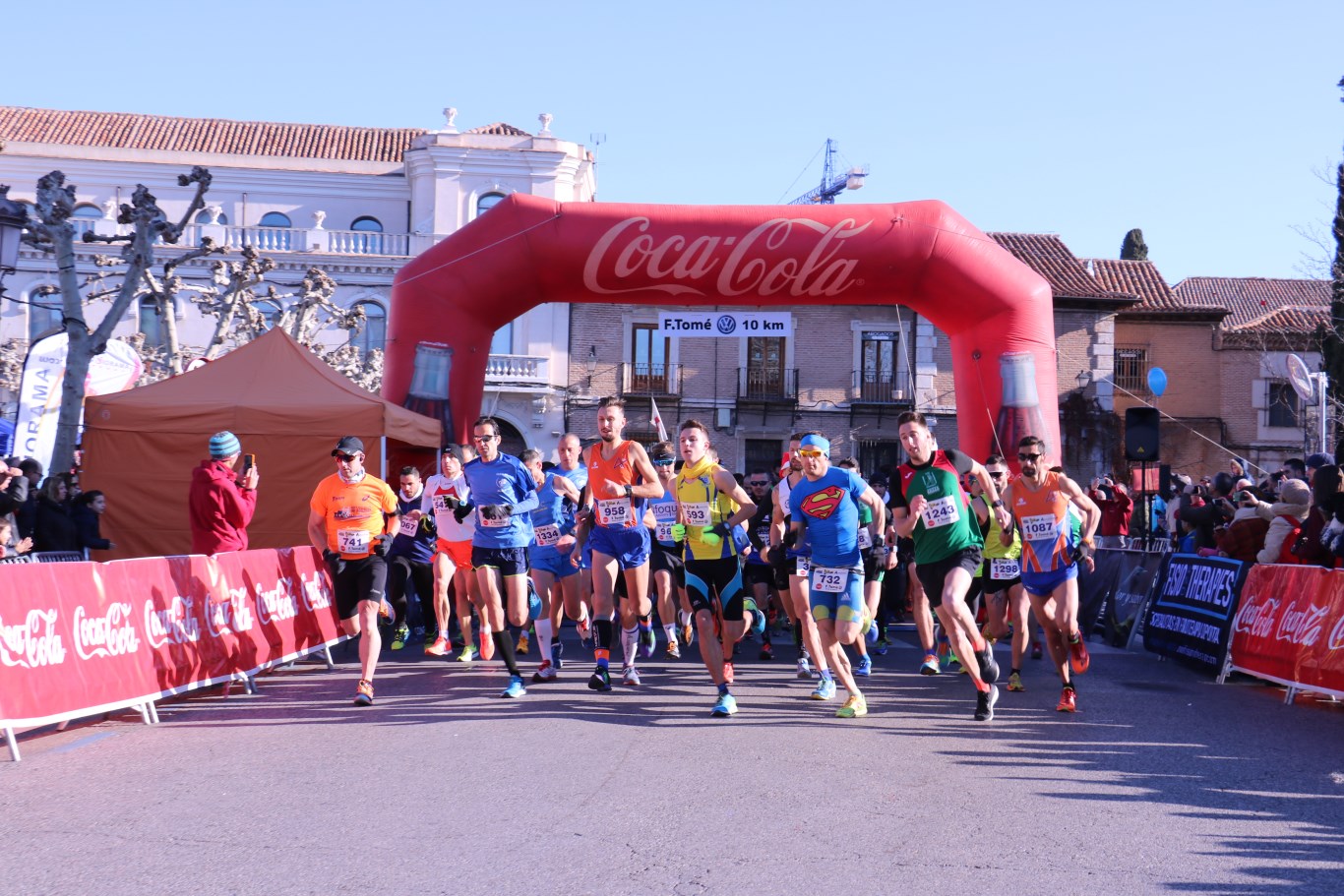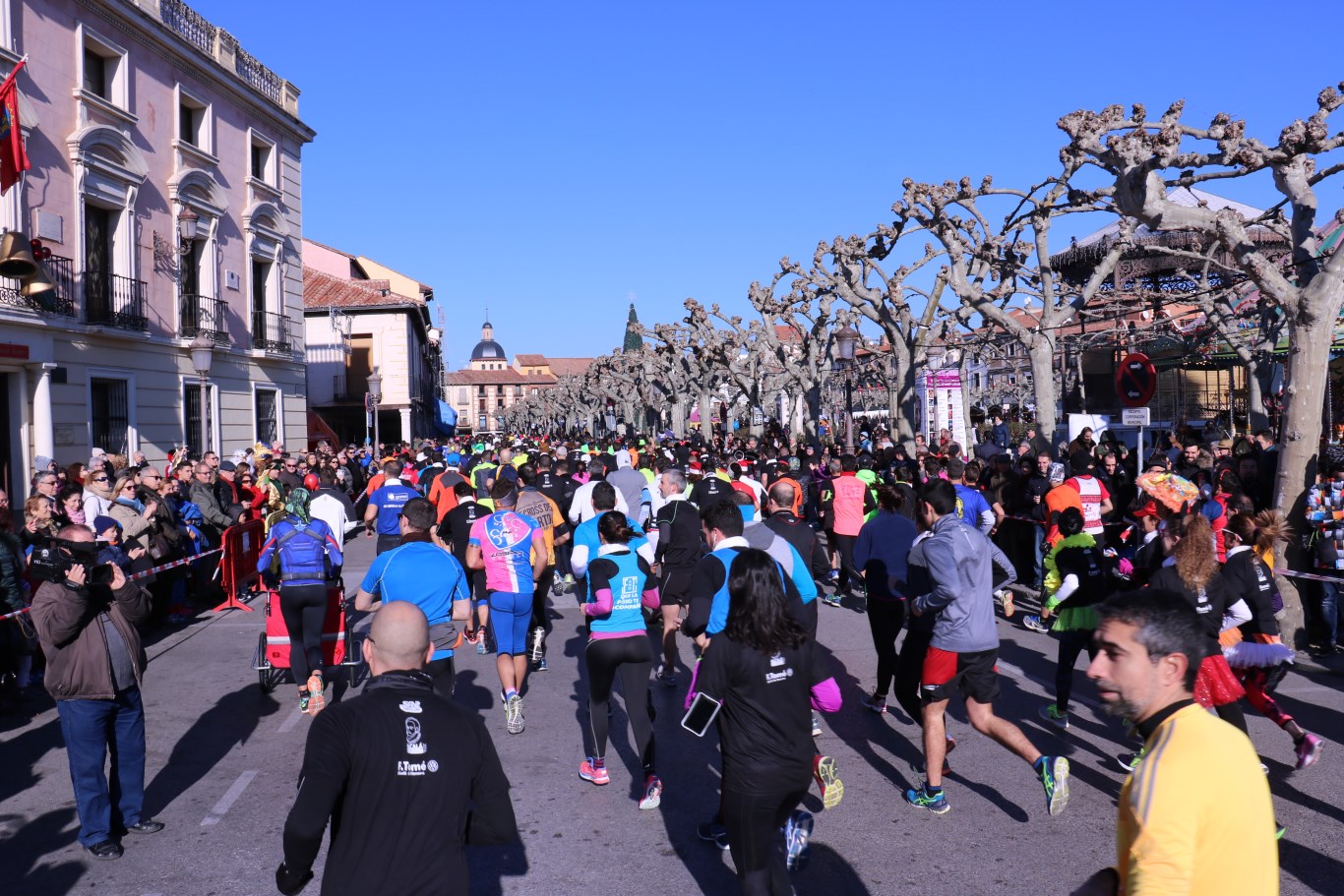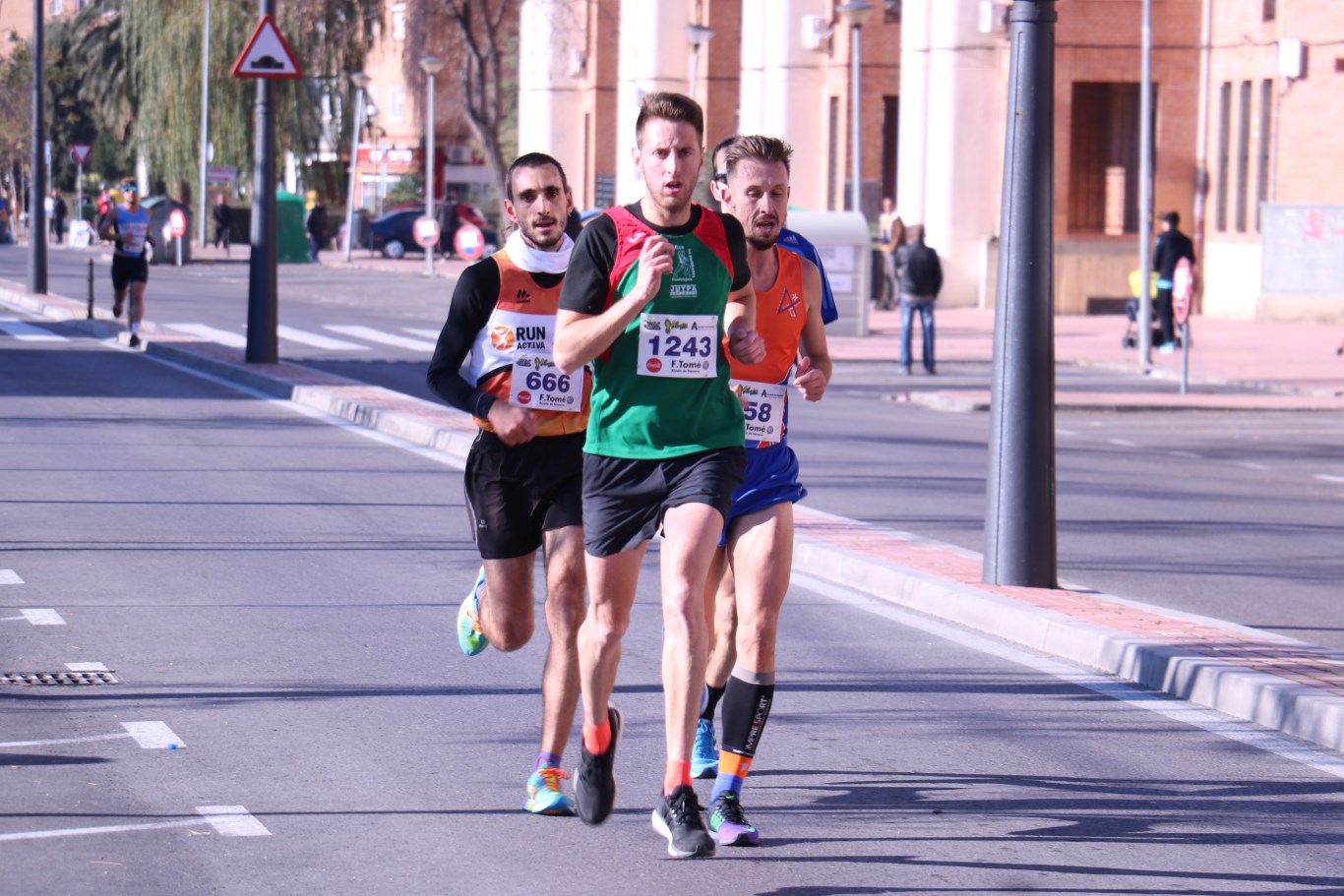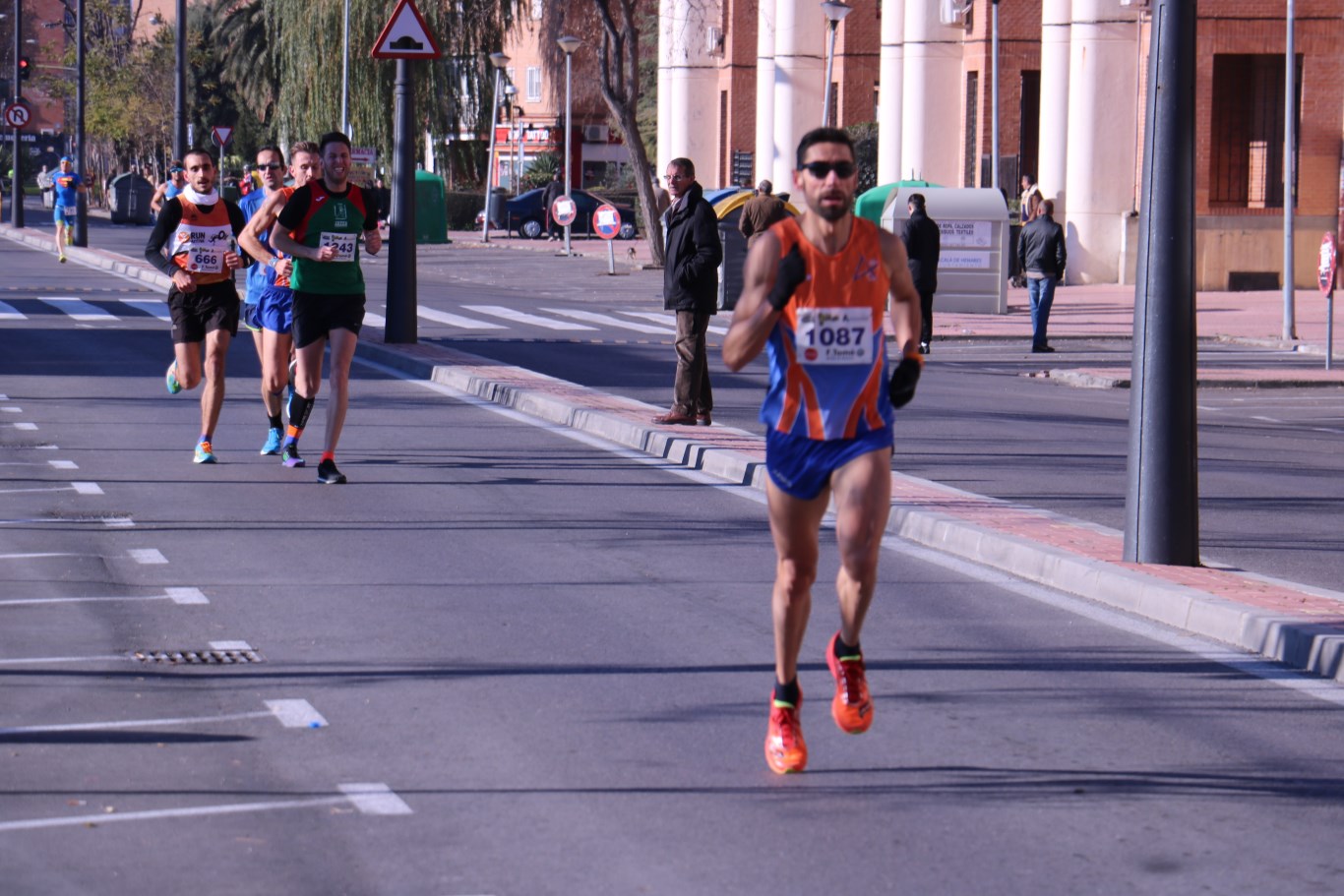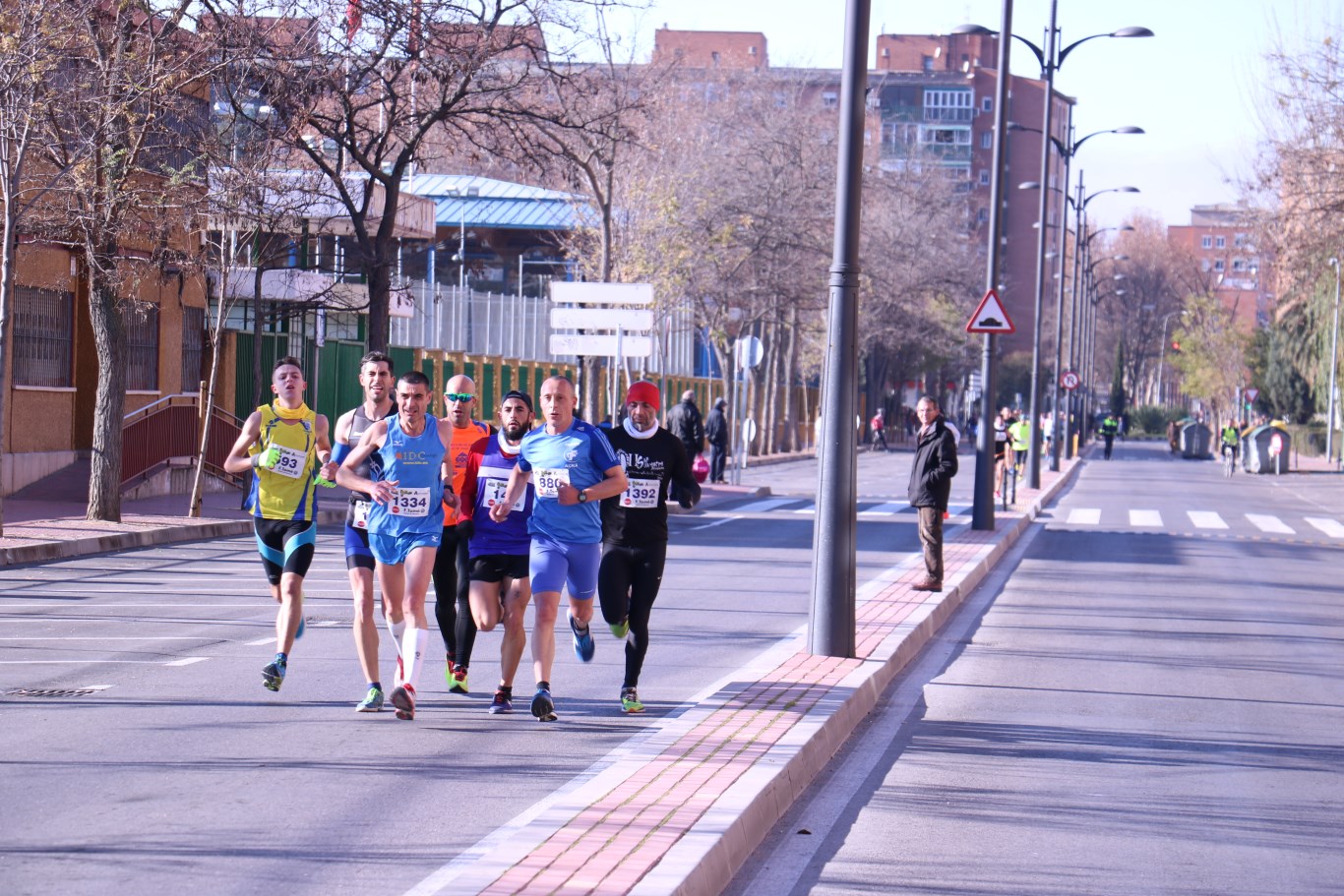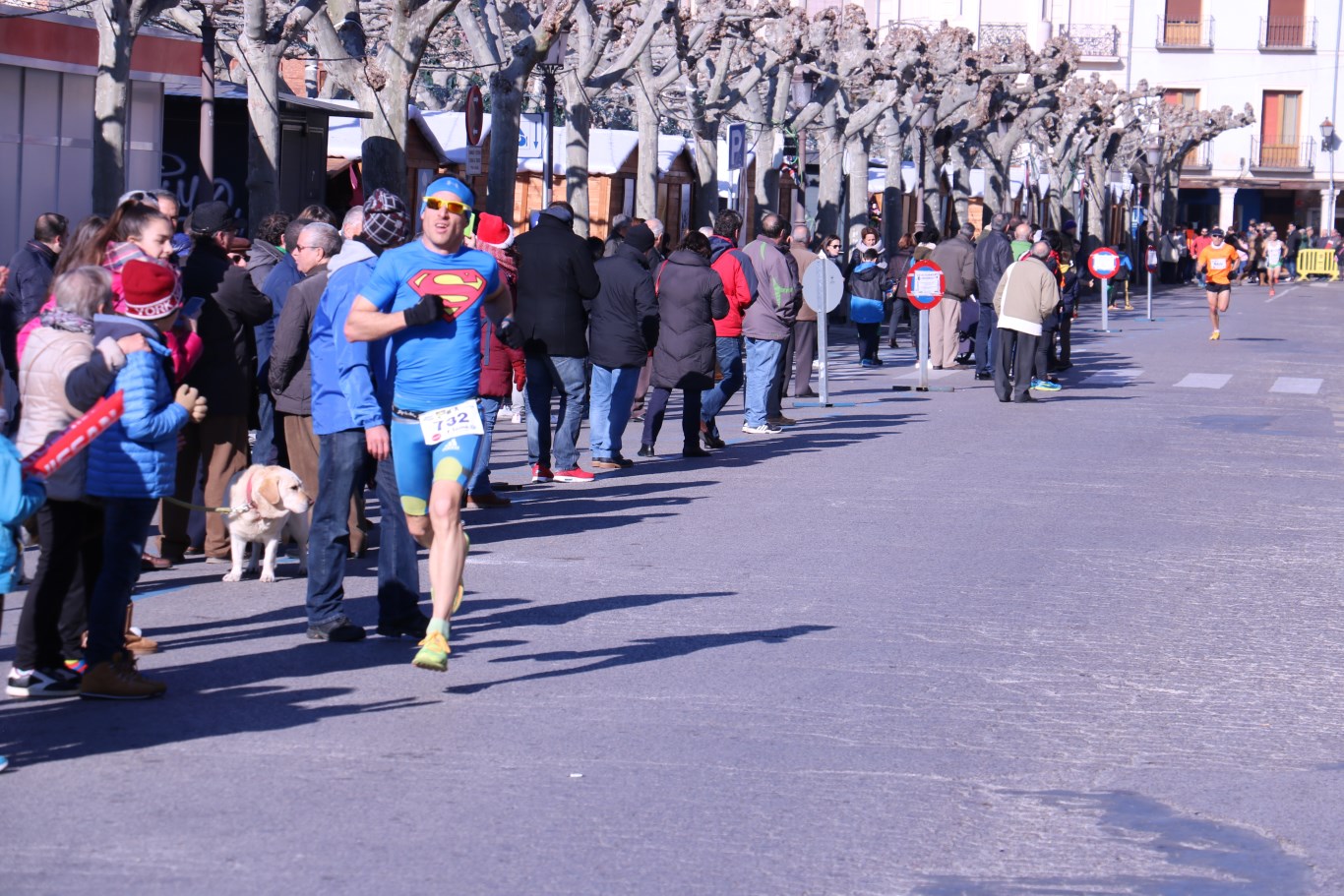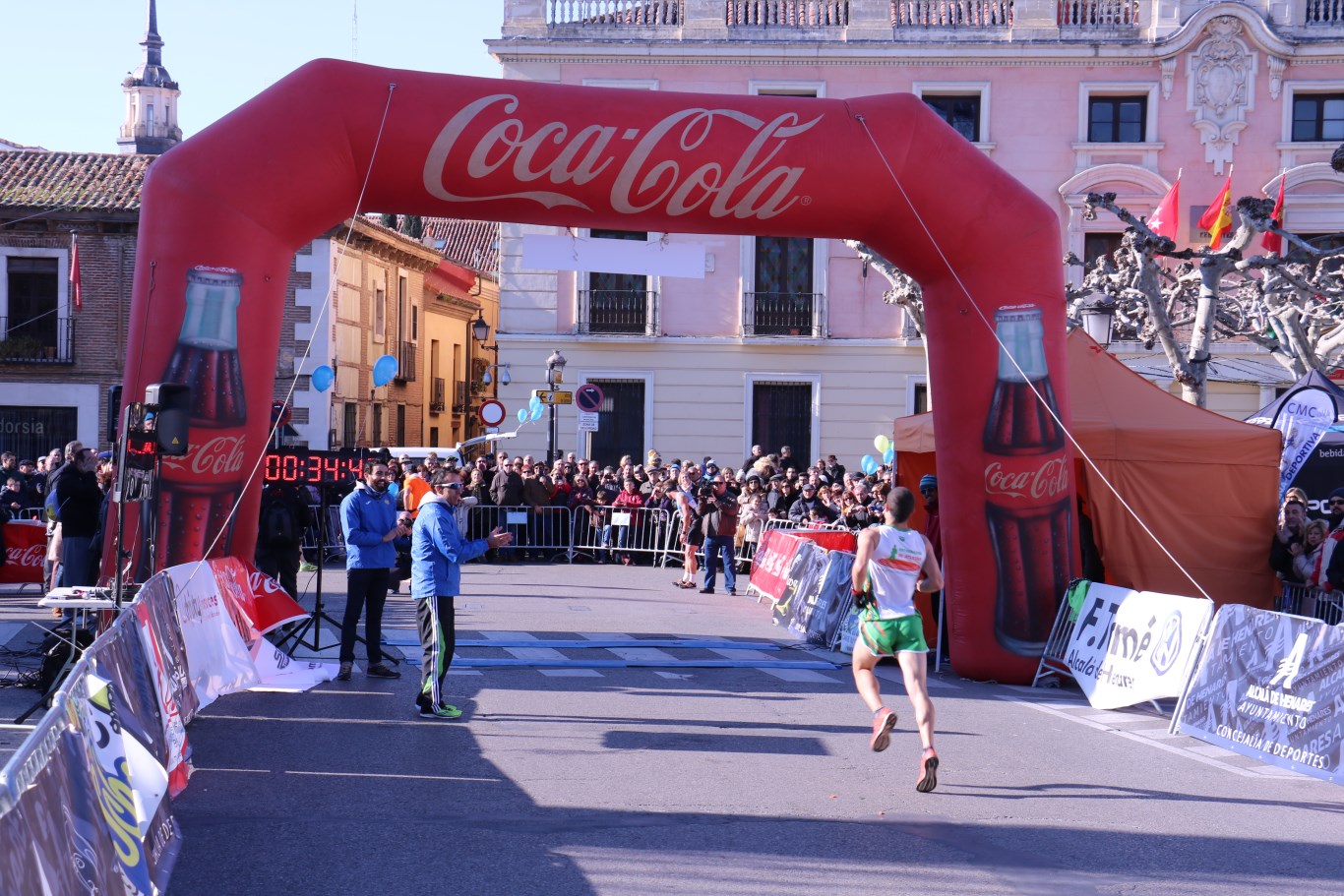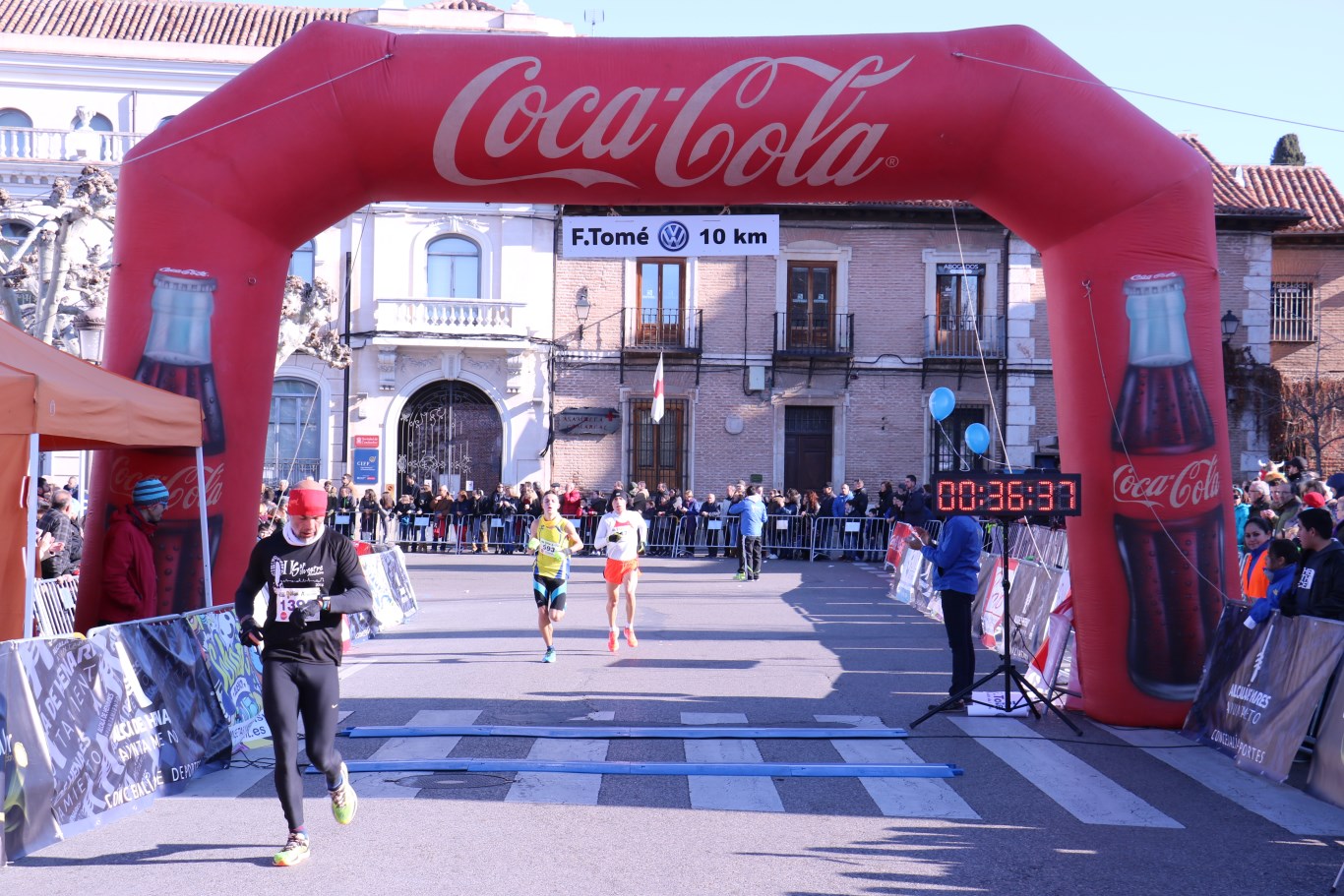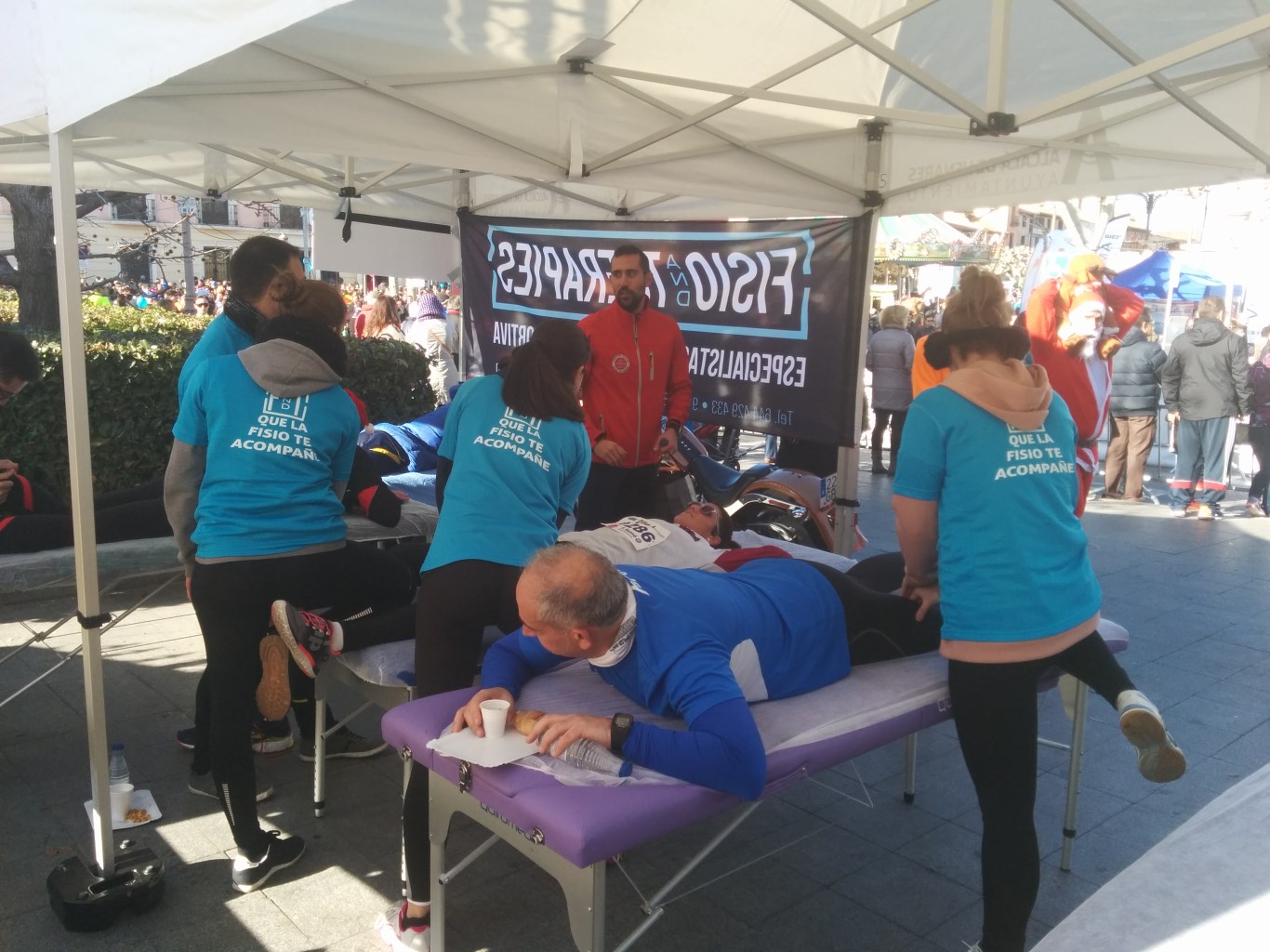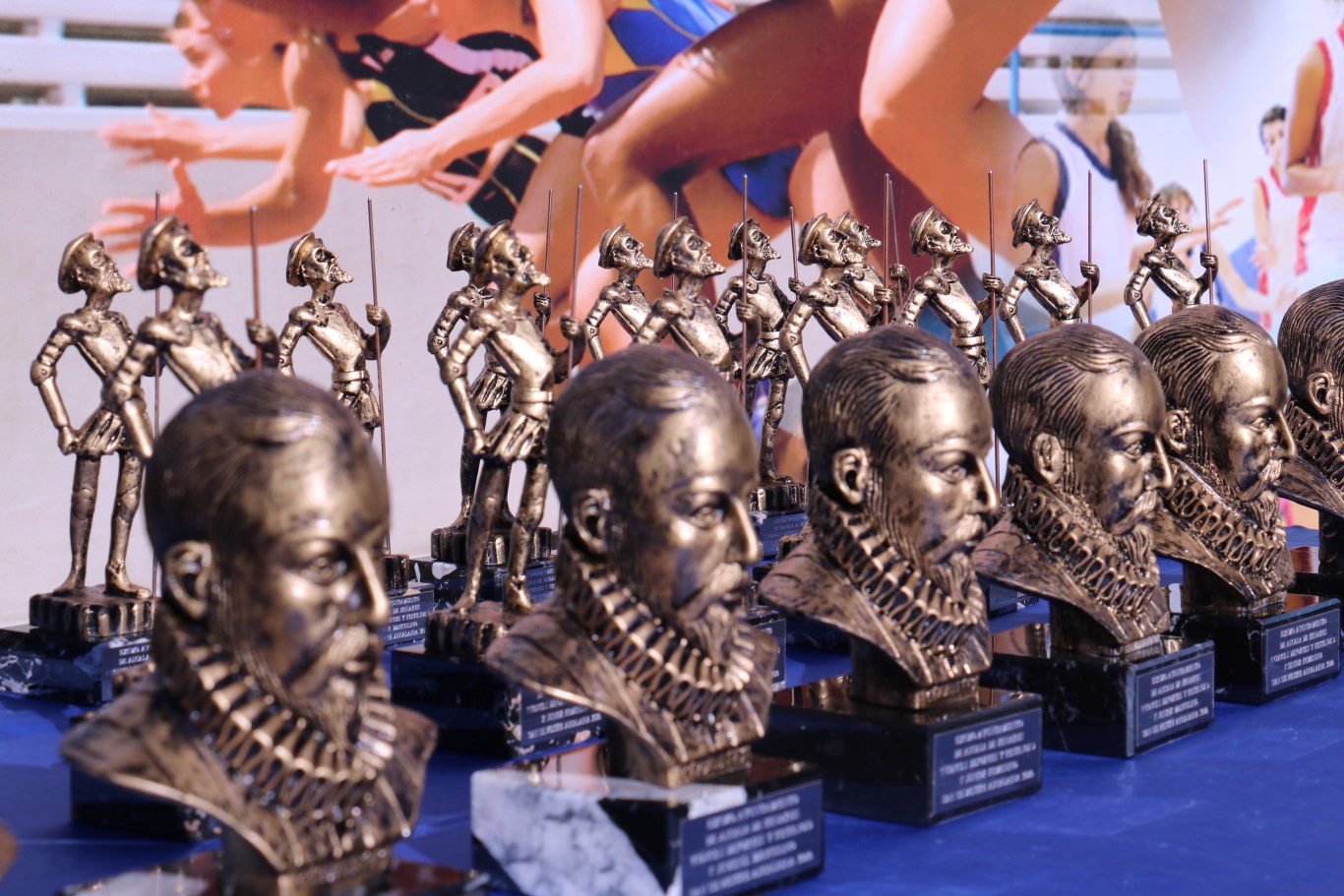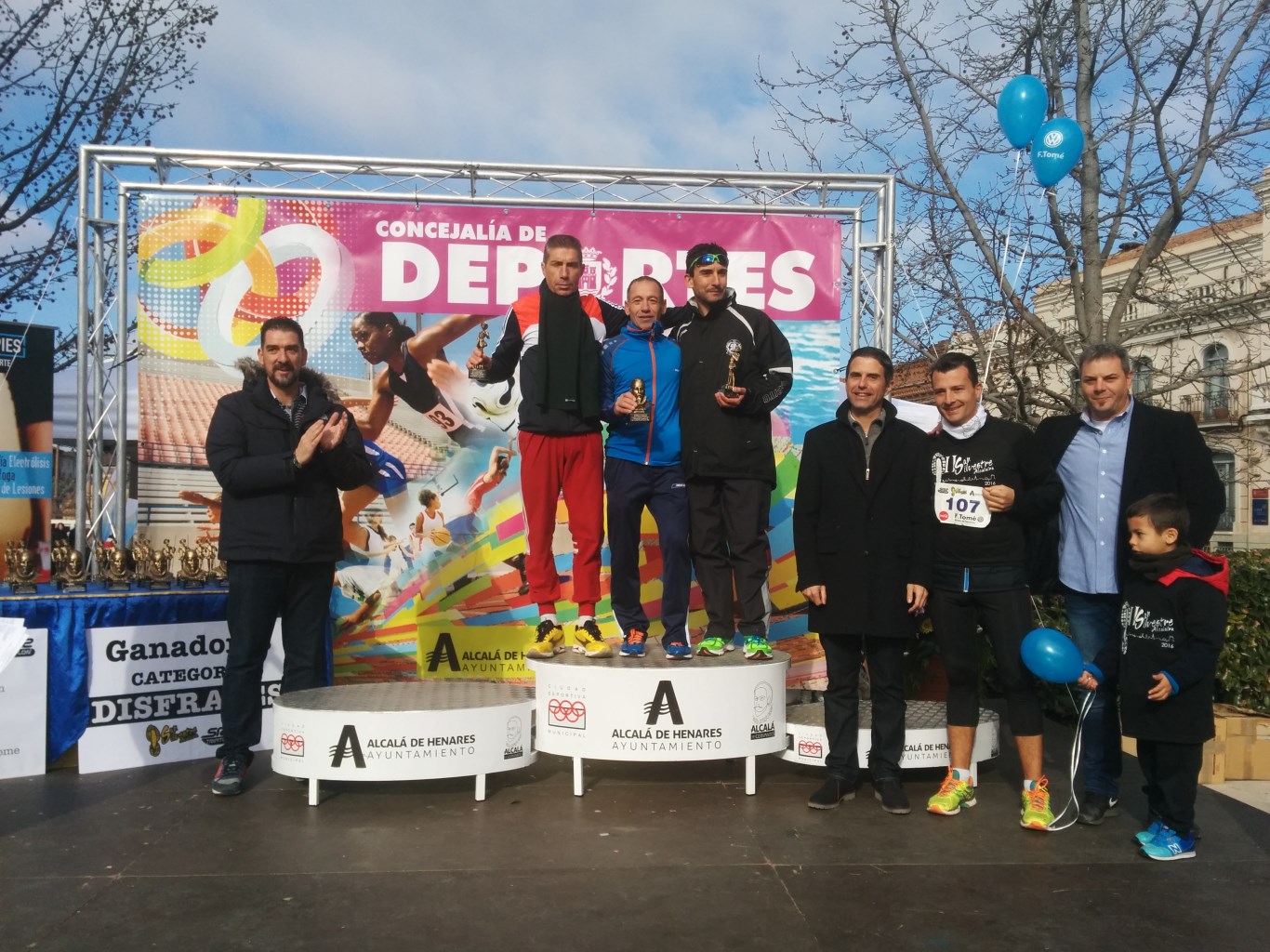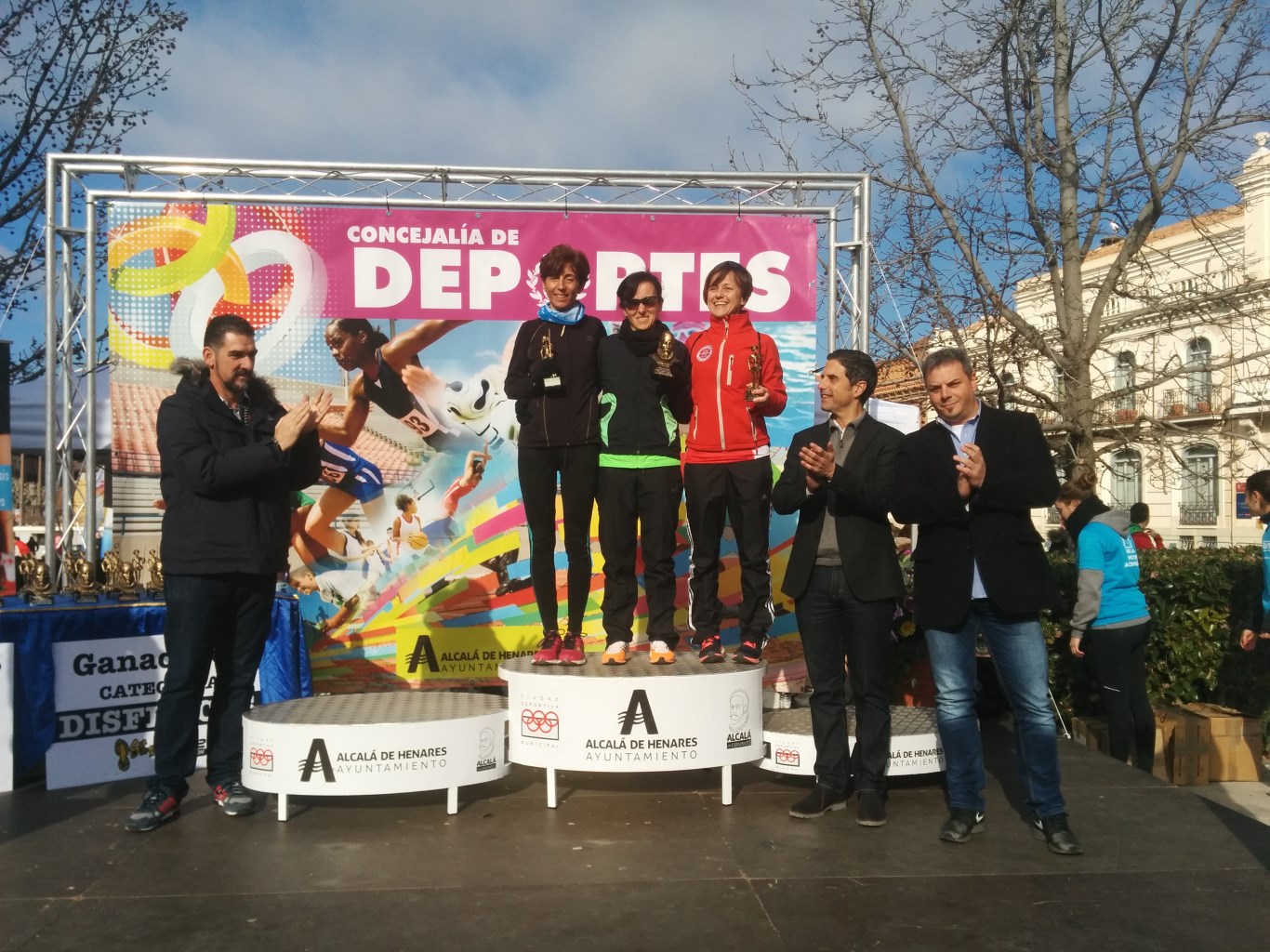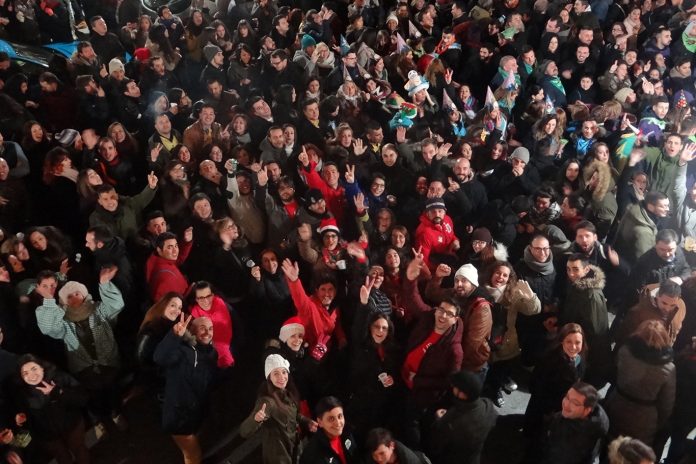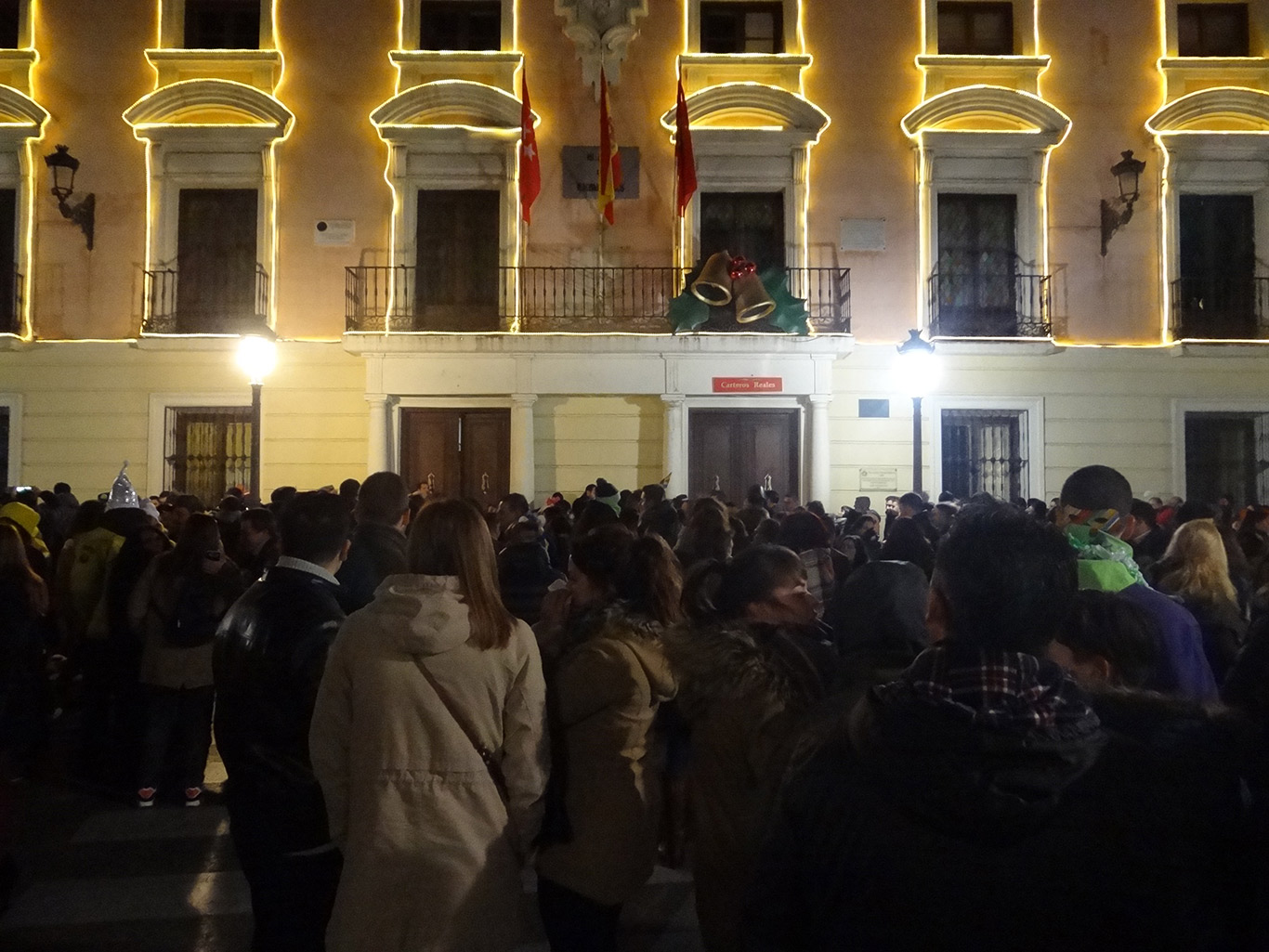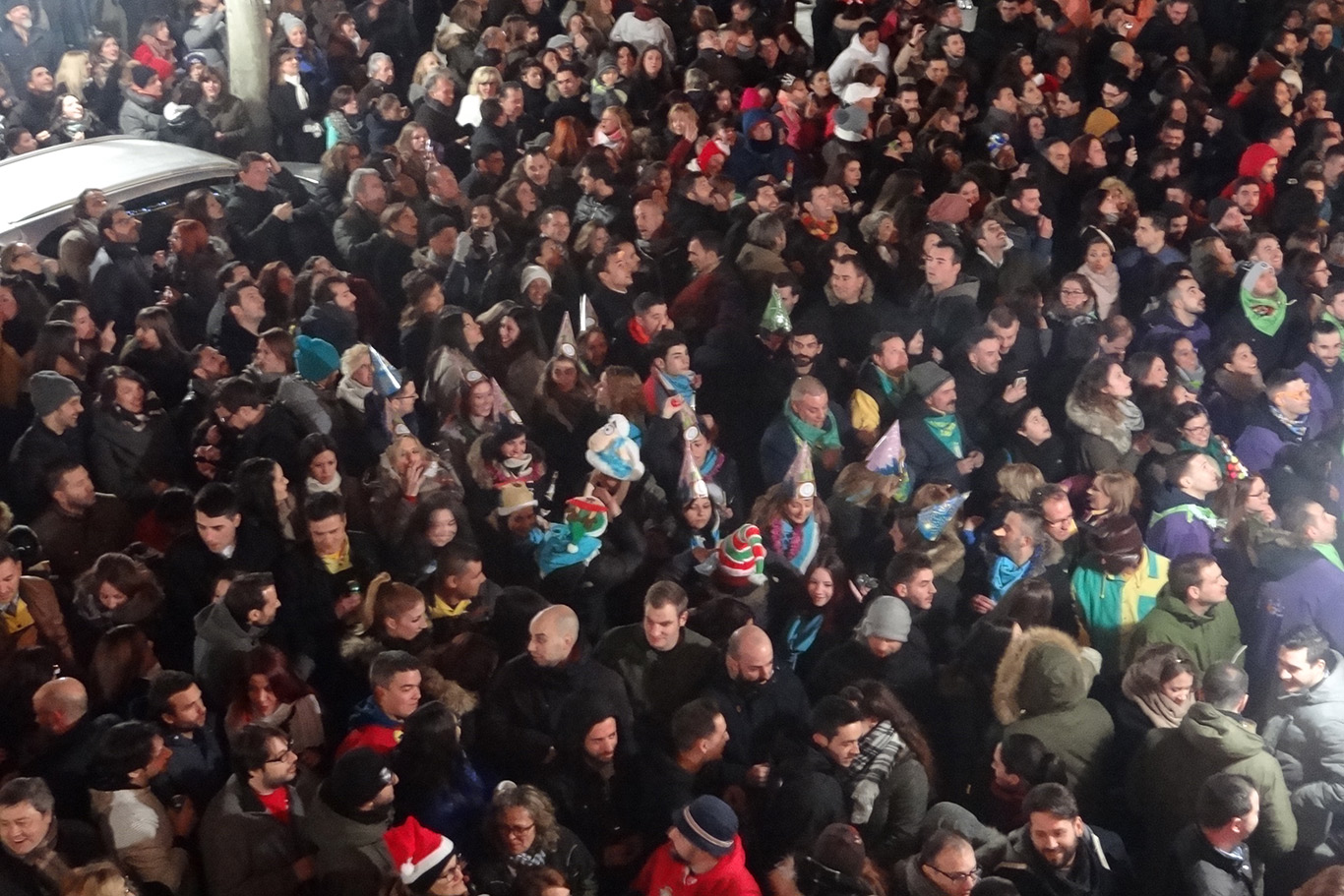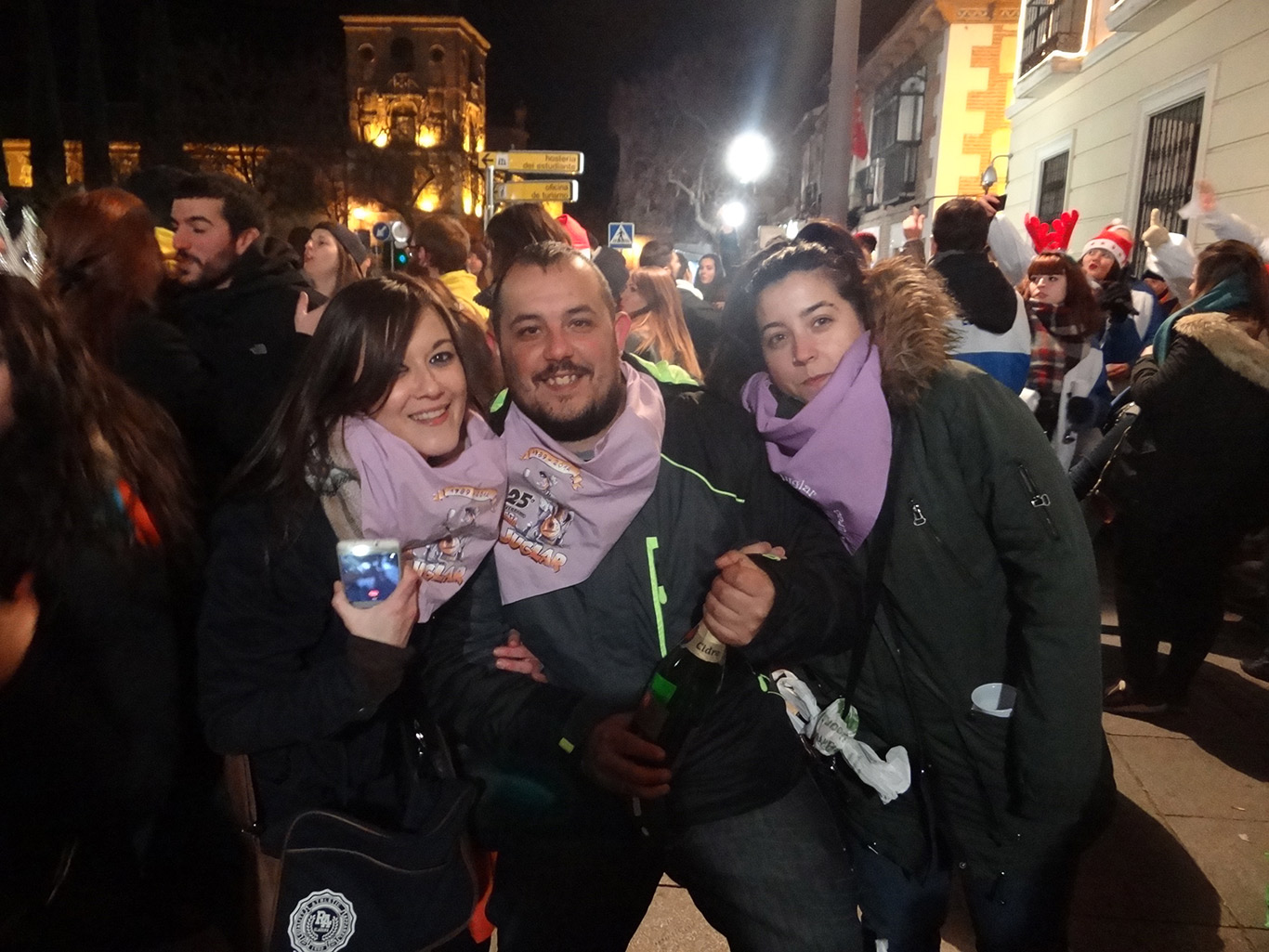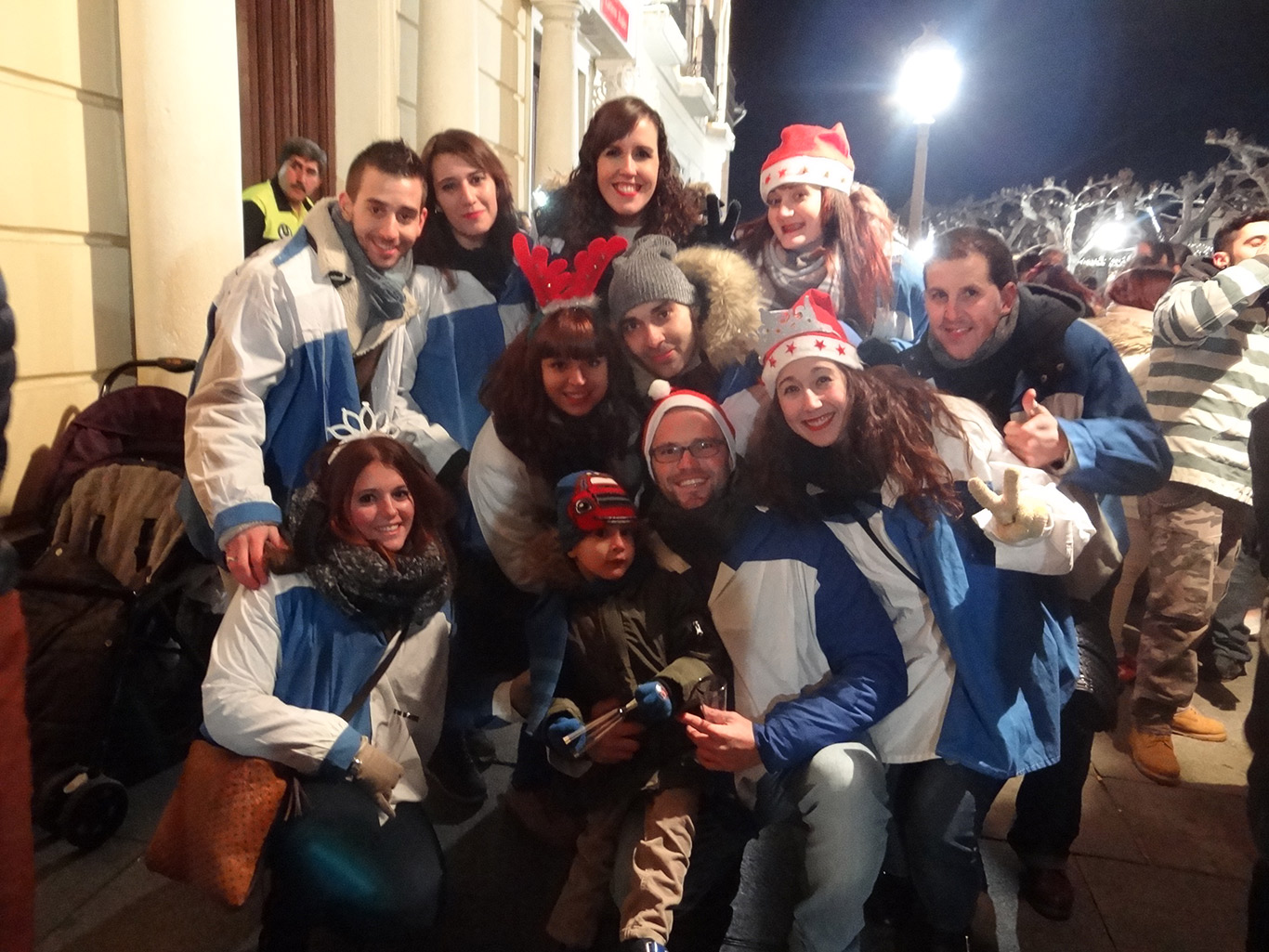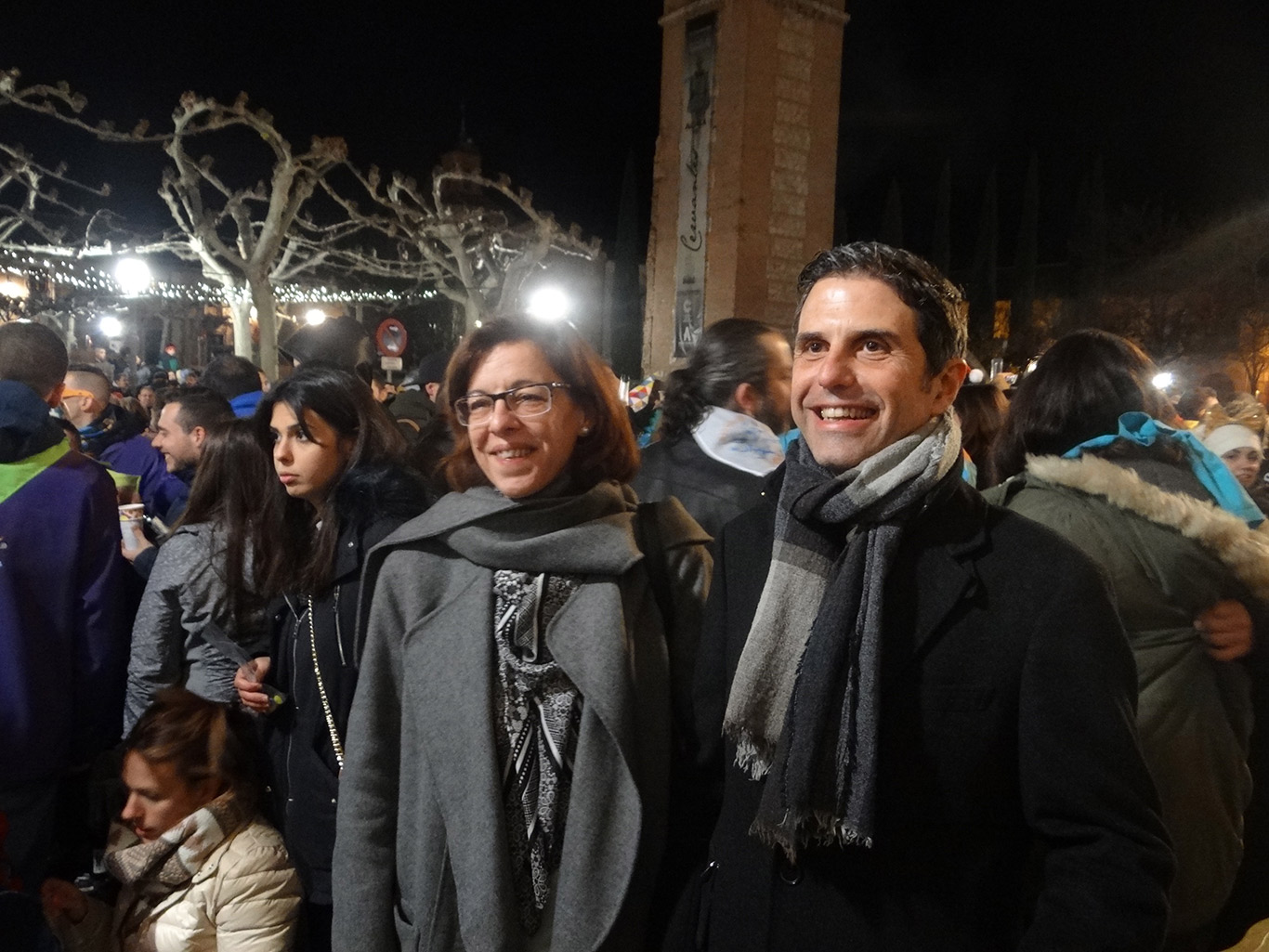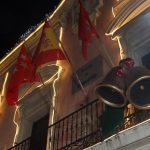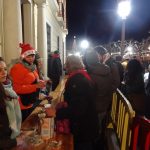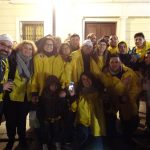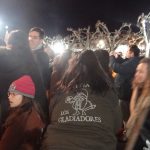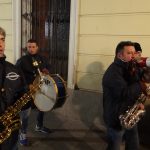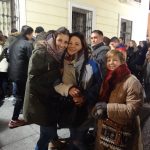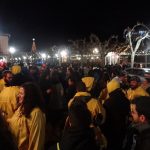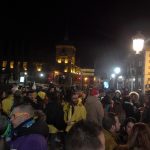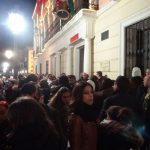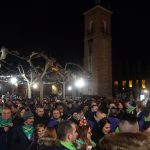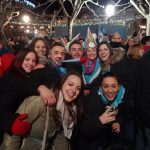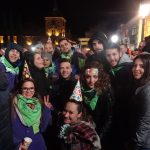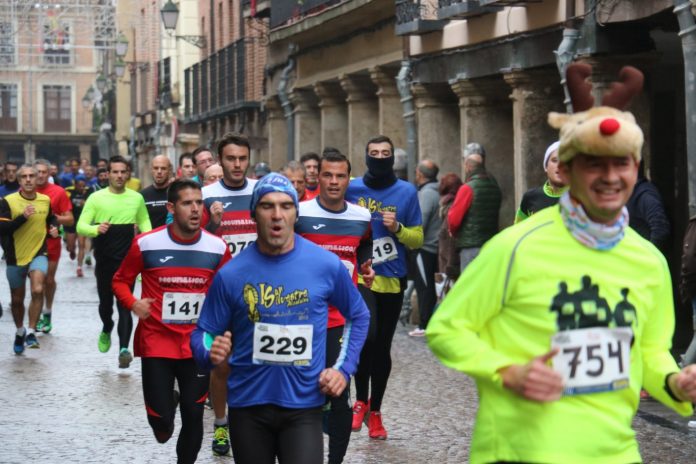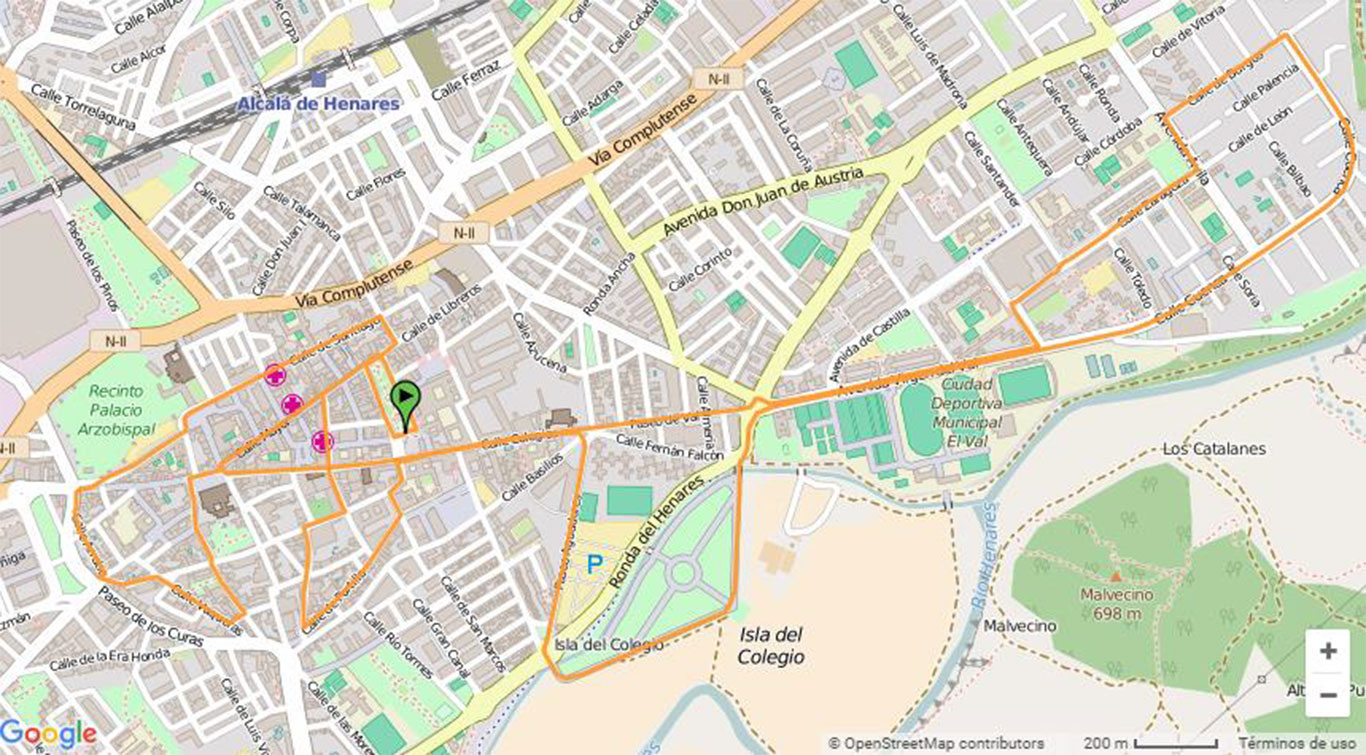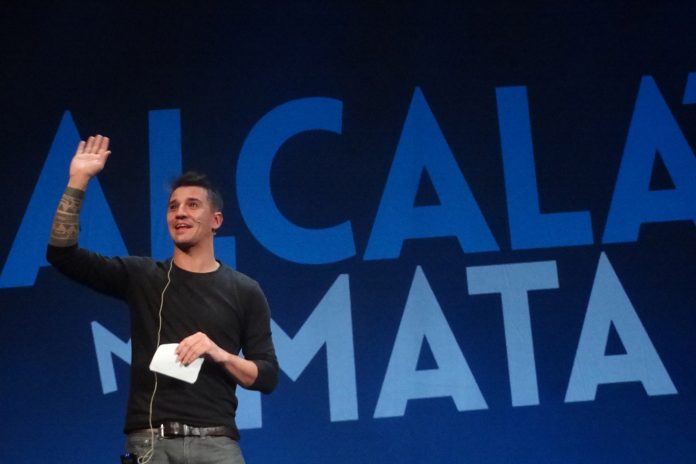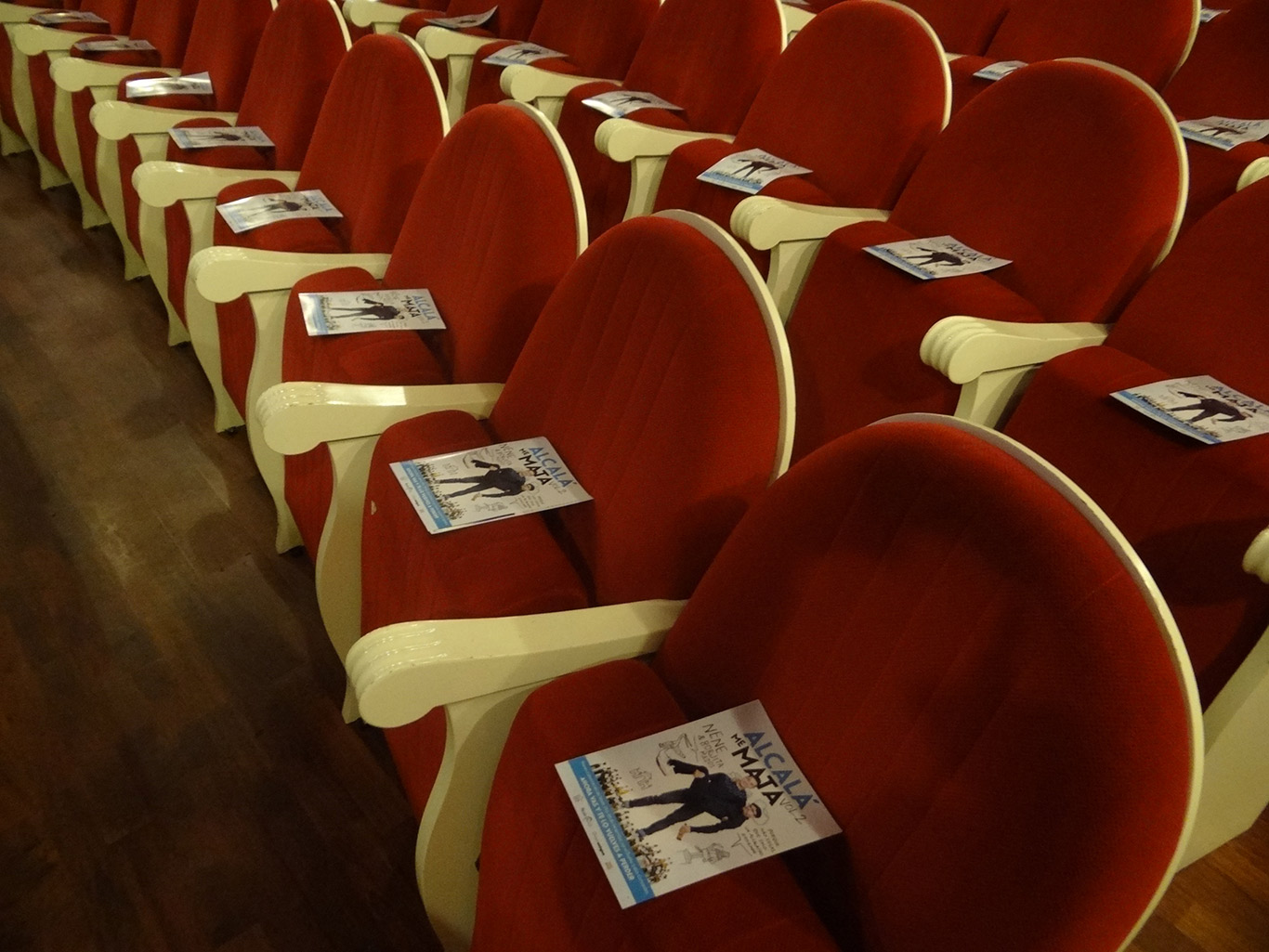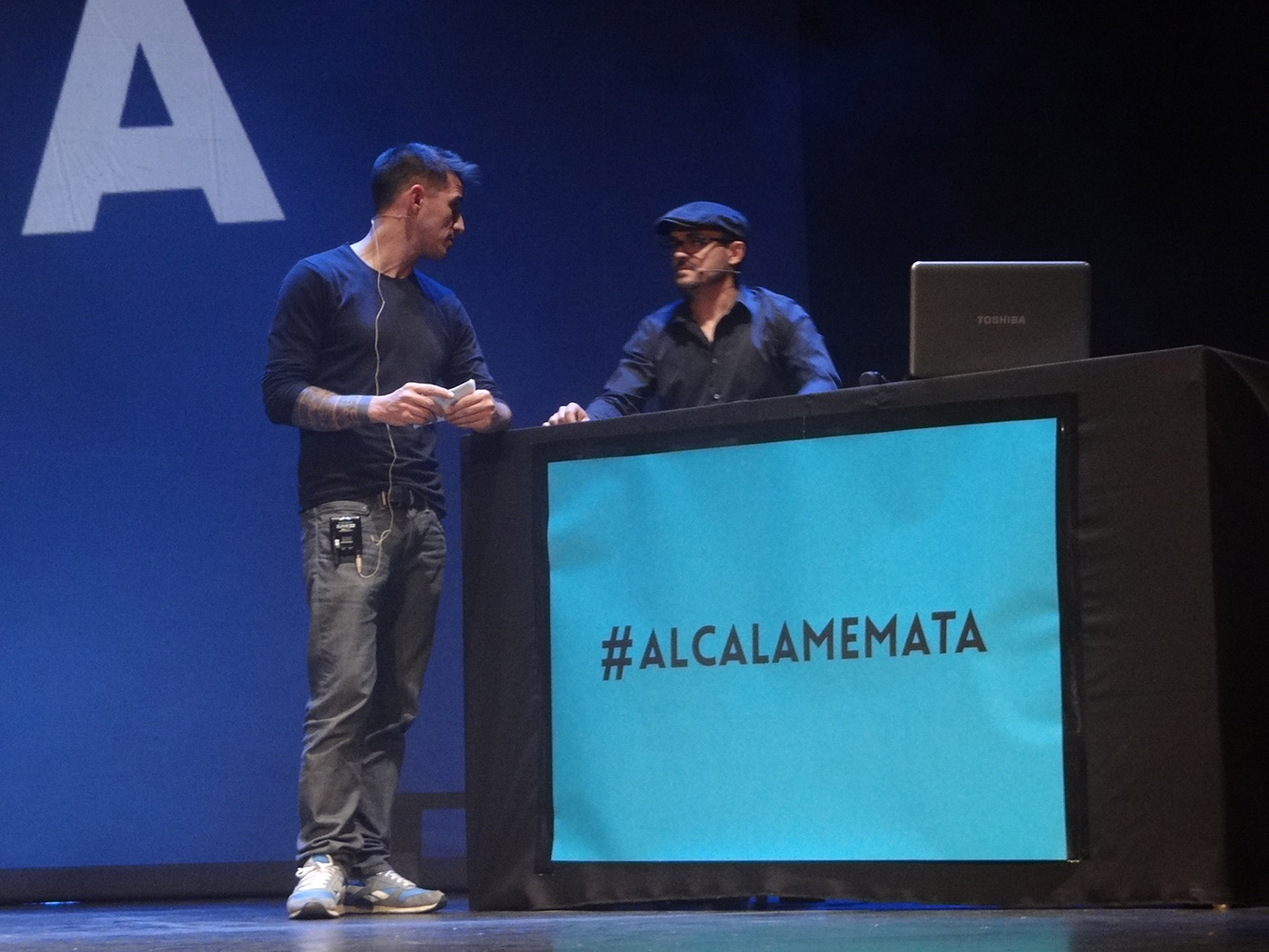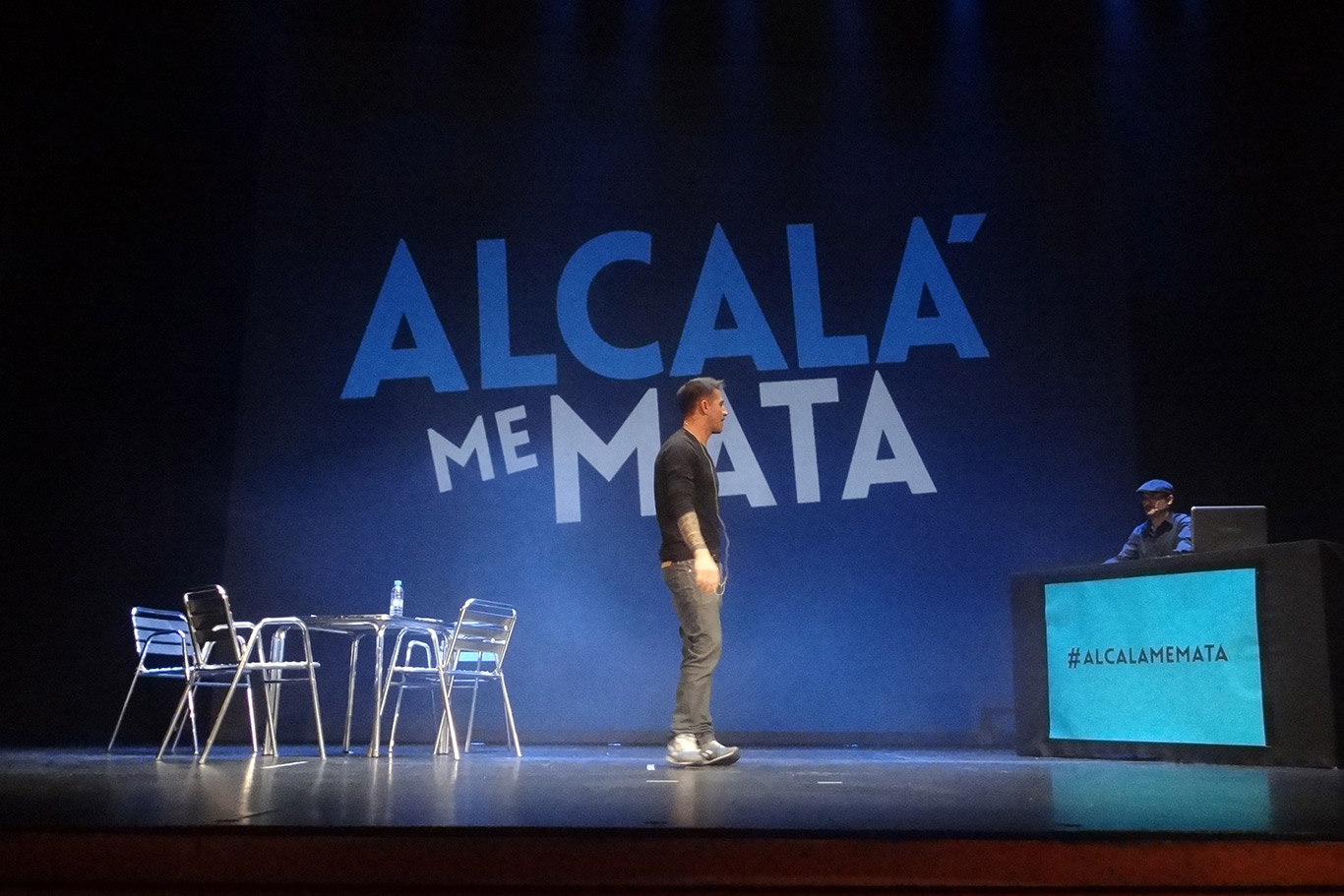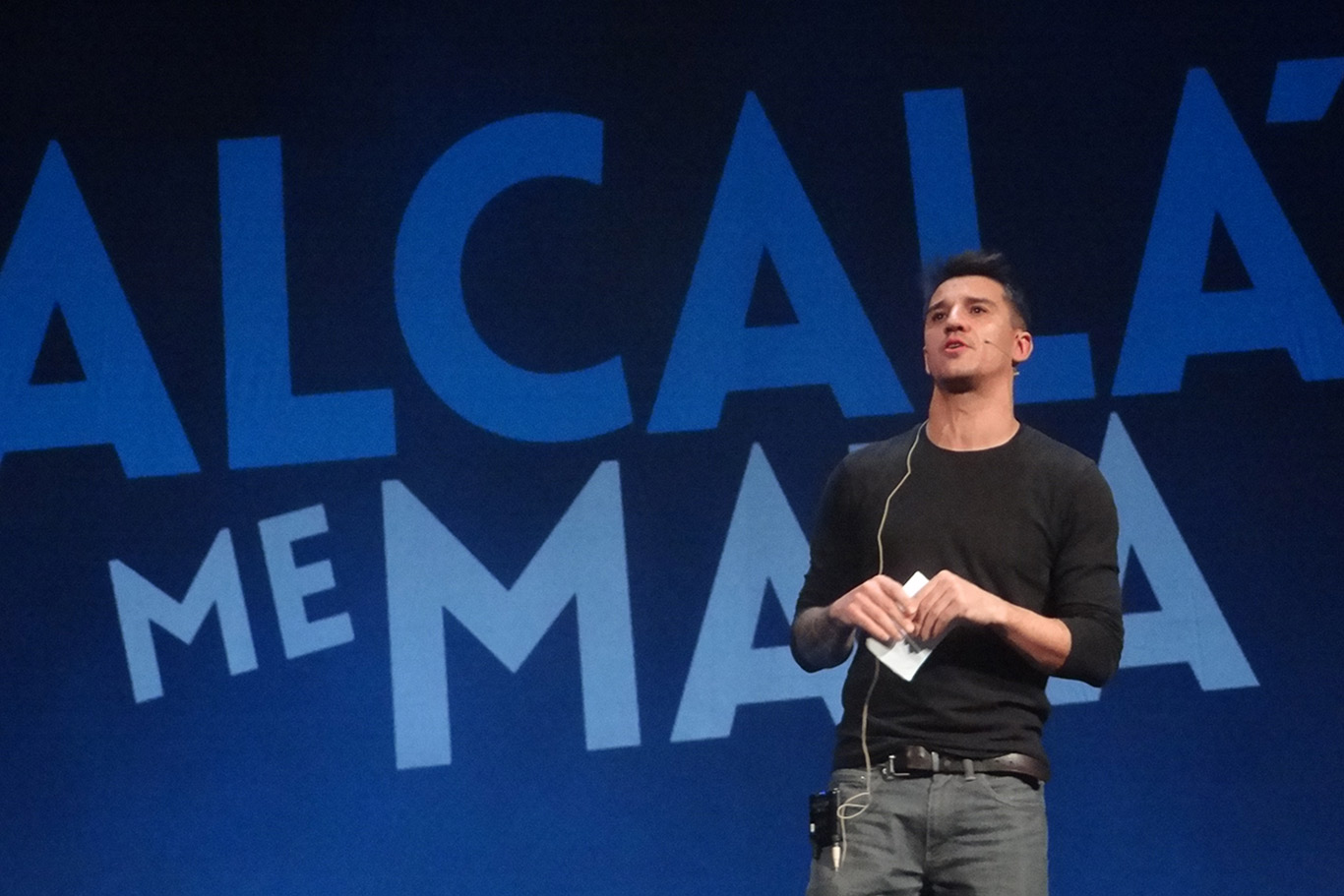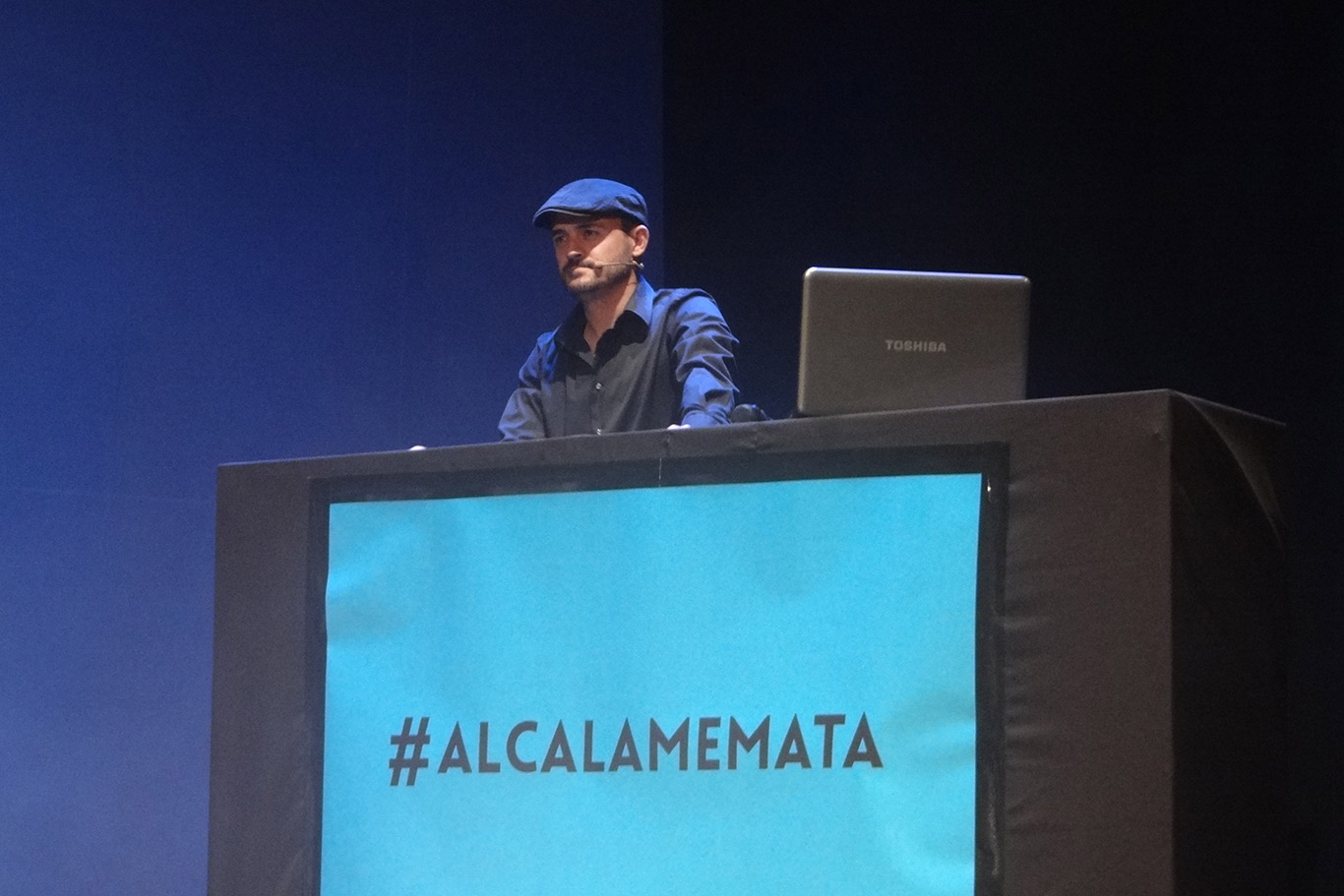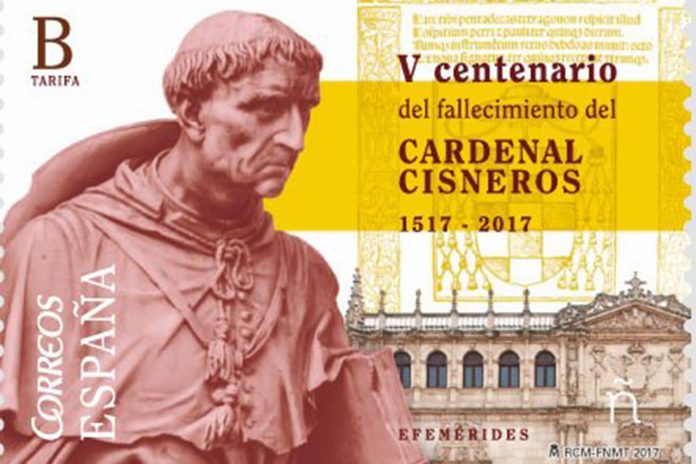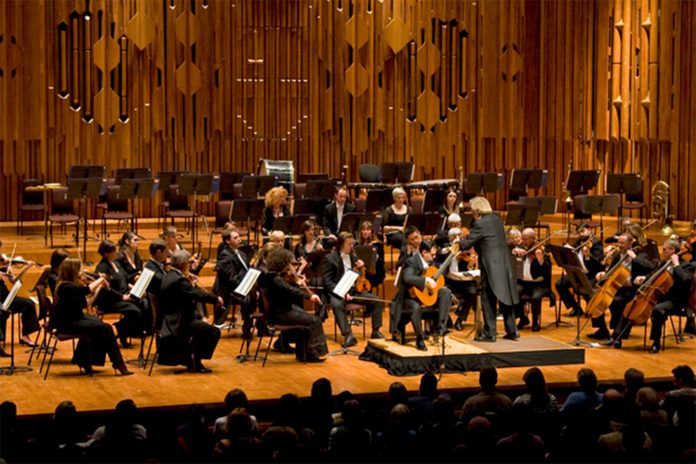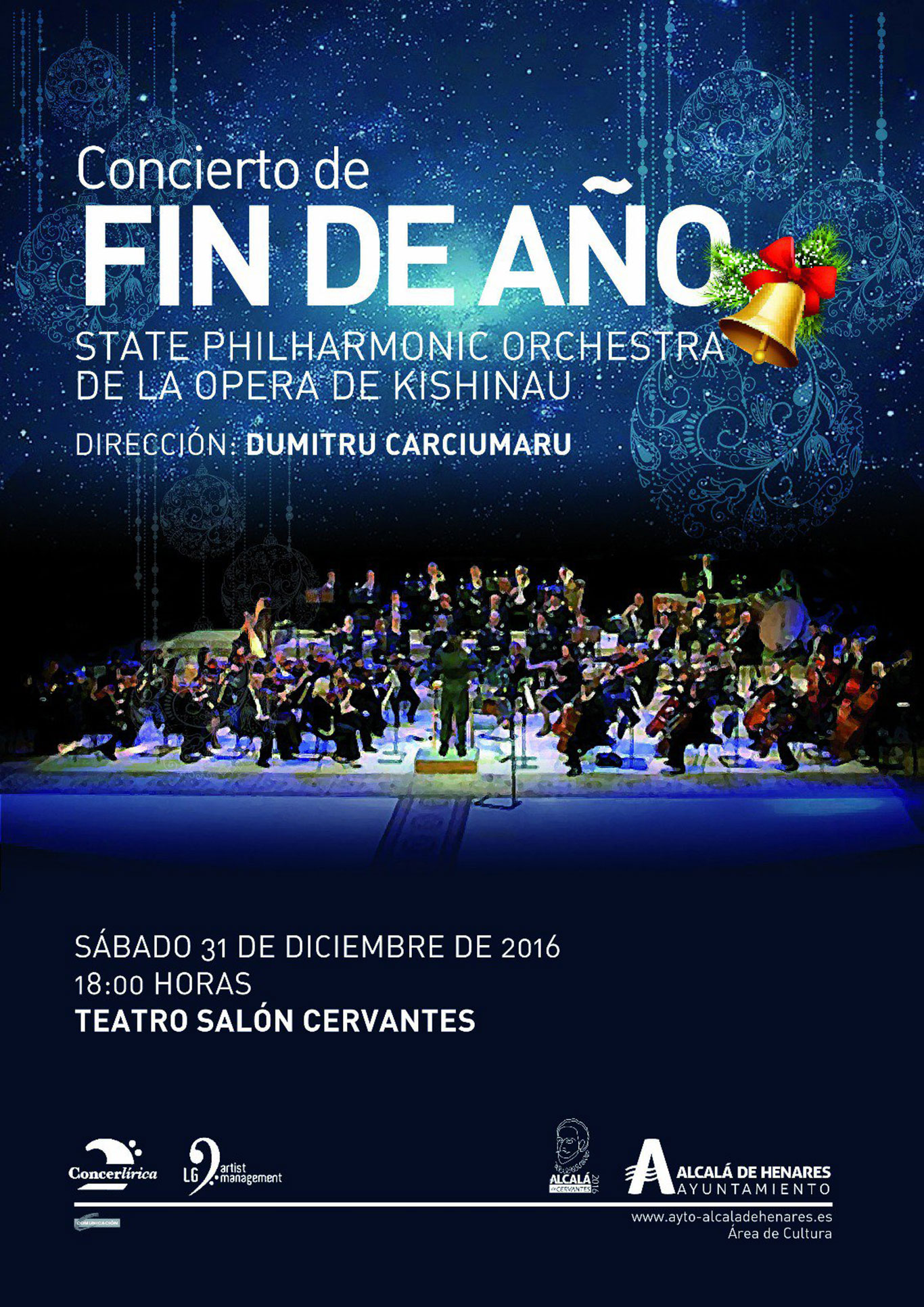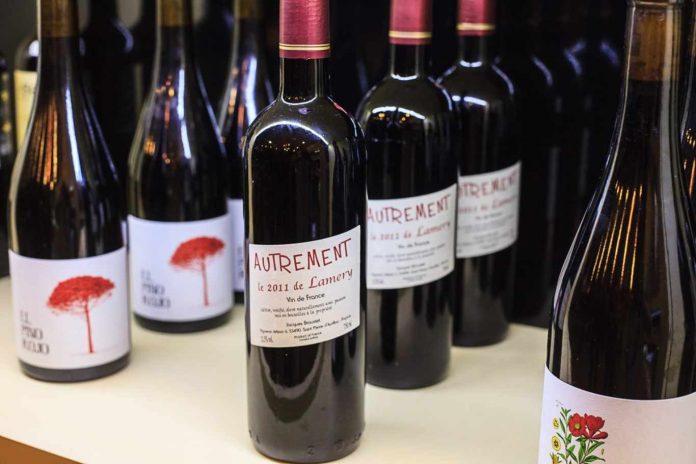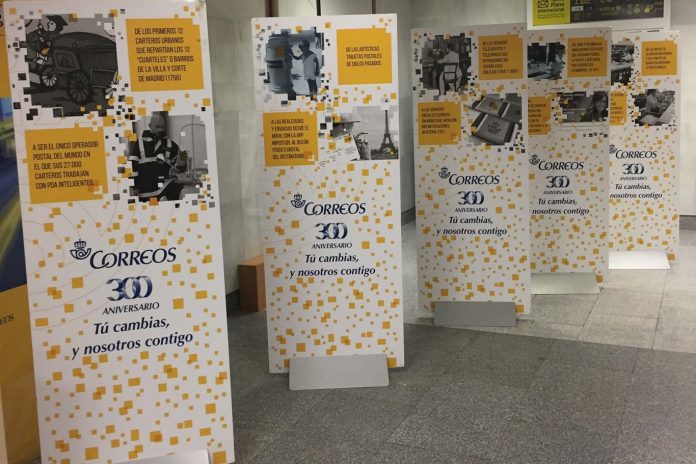Con la llegada del nuevo año las pasarelas y las tiendas se llenan de nuevas tendencias que se llevarán este 2017. Y claro, pensar en estos cambios es un esfuerzo excesivo, no solo a nivel mental, sino también en cuanto a gasto.
Pero, ¿y si te decimos que hay algunas propuestas que ya las tienes colgadas en tus perchas y que, además,en unos días las vas a encontrar rebajadas en la mayoría de las tiendas? ¡Alegrón total, ¿eh?!
Pues, en Dream Alcalá Woman hoy vamos a contarte 5 tendencias de 2016 con las que seguirás triunfando este 2017. Toma buena nota y acierta antes que nadie con lo que se va a llevar. No pierdas detalle.
[dropcap type=»circle» color=»#ffffff» background=»#ce2121″]1[/dropcap] El rosa a todo color

Es un color tenue y tranquilo. En su versión de rosa pálido es un color inocente y puro que, en toda su sencillez, resulta muy sofisticado. Si decides llevarlo en total look, el resultado es extremadamente romántico y femenino pero, si prefieres darle un toque contemporáneo, el negro o el rojo le van genial también. Qué bien que se siga llevando porque… ¡nos encanta!
[dropcap type=»circle» color=»#ffffff» background=»#ce2121″]2[/dropcap] Militares, ¡señor, sí señor!

El verde militar continúa a tope en la contienda del nuevo año listo para atacar. Tanto en pantalones como en sobrecamisas, chaquetas y hasta gorras. ¡La tendencia navy sigue siendo un must esta temporada!
Además, lo bueno es que es ya se llevaba desde hace varias temporadas por lo que seguro que en tu armario se encuentra más de una prenda muy militar.
[dropcap type=»circle» color=»#ffffff» background=»#ce2121″]3[/dropcap] El terciopelo

Aunque se reinventa, el velvet va a seguir siendo tendencia total este 2017. Y es que los vestidos, blazers y suéters van a llevarse tanto como lo han hecho durante este 2016 aunque con un toque diferente: el terciopelo va a pasar de ser un elemento arreglado y formal para lucirse también en joggers y sudaderas. Más guay no puede ser.
[dropcap type=»circle» color=»#ffffff» background=»#ce2121″]4[/dropcap] Los volantes

Hemos visto volantes en todas las tiendas durante todo el 2016. Tanto en faldas como en blusas y chaquetas. Si no te gustaba esta tendencia tan folclórica, lo sentimos porque en 2017 las prendas llenitas de volantes van a seguir siendo un must. ¿Qué te parece?
[dropcap type=»circle» color=»#ffffff» background=»#ce2121″]5[/dropcap] Las superposiciones

Una tendencia que nos encantó durante este 2016 es la de la superposición de prendas. Y es que, poder aprovechar todo nuestro fondo de armario de verano, en invierno es lo más de lo más.
Pues bien, durante todo el 2017 podrás seguir utilizando tus monos, little dresses y camisetas de tirantes con básicas debajo, tus sudaderas debajo de un vestido de tirantes finos y tus shorts con botas mosqueteras que quedan por encima del pantalón corto. ¡Ideal!





